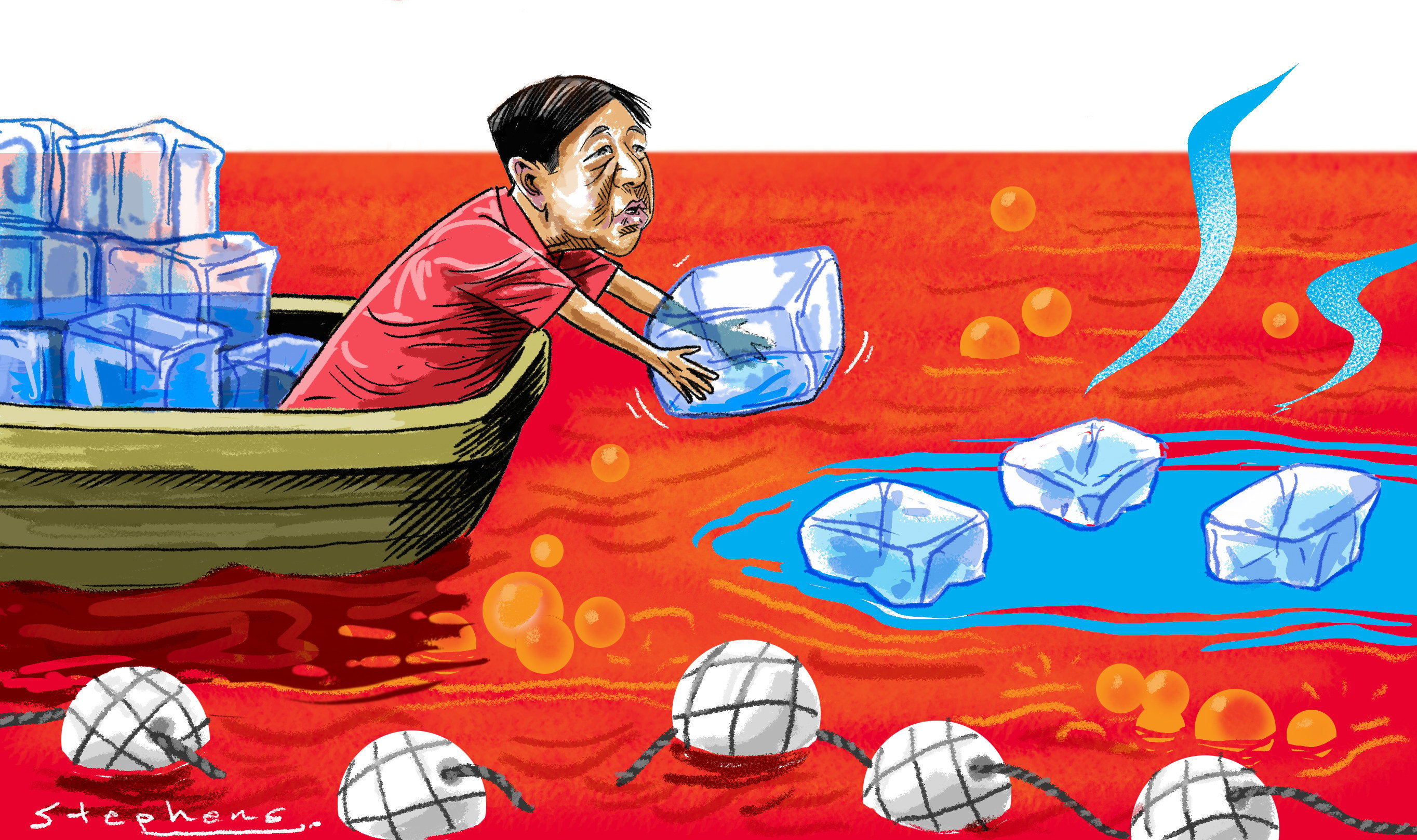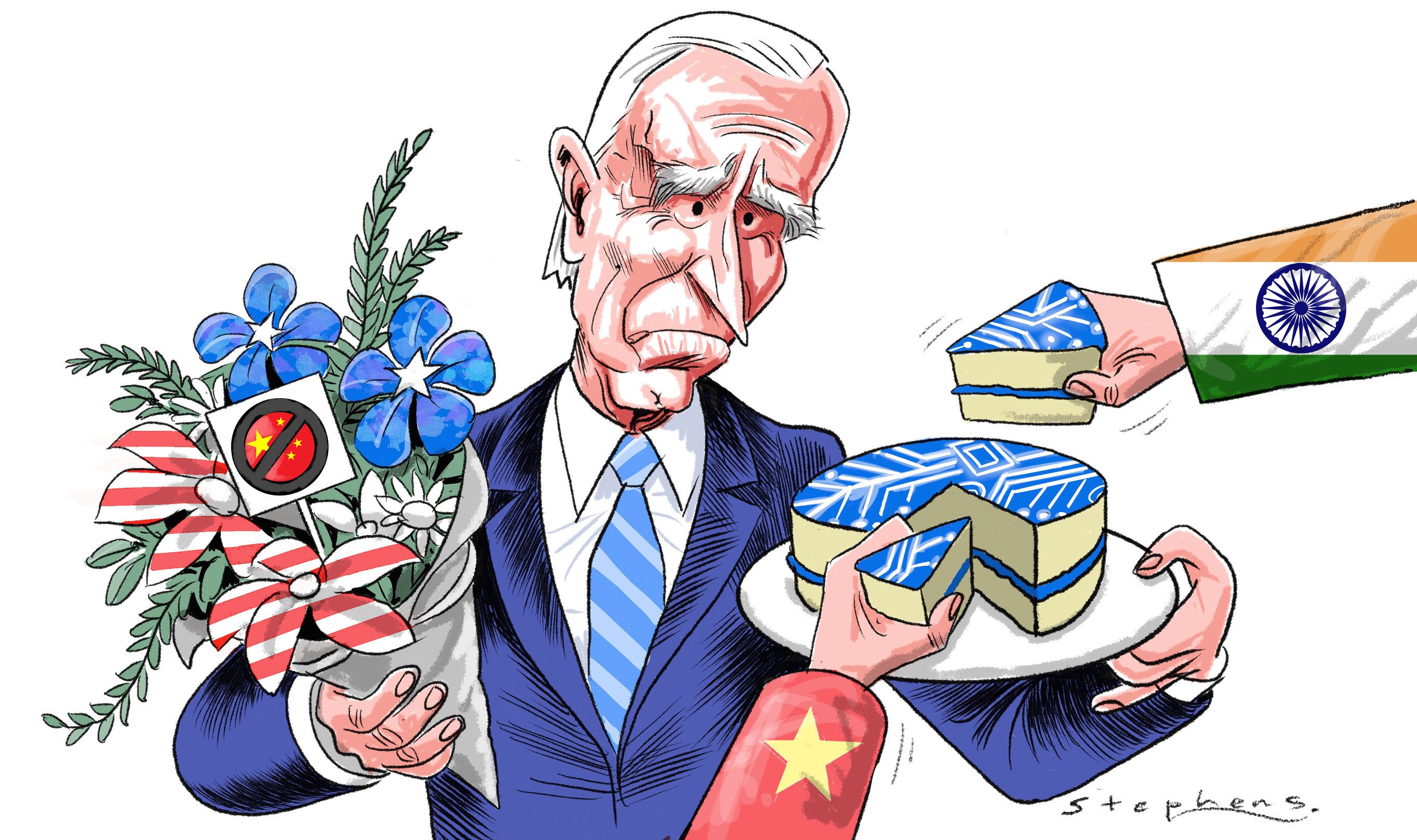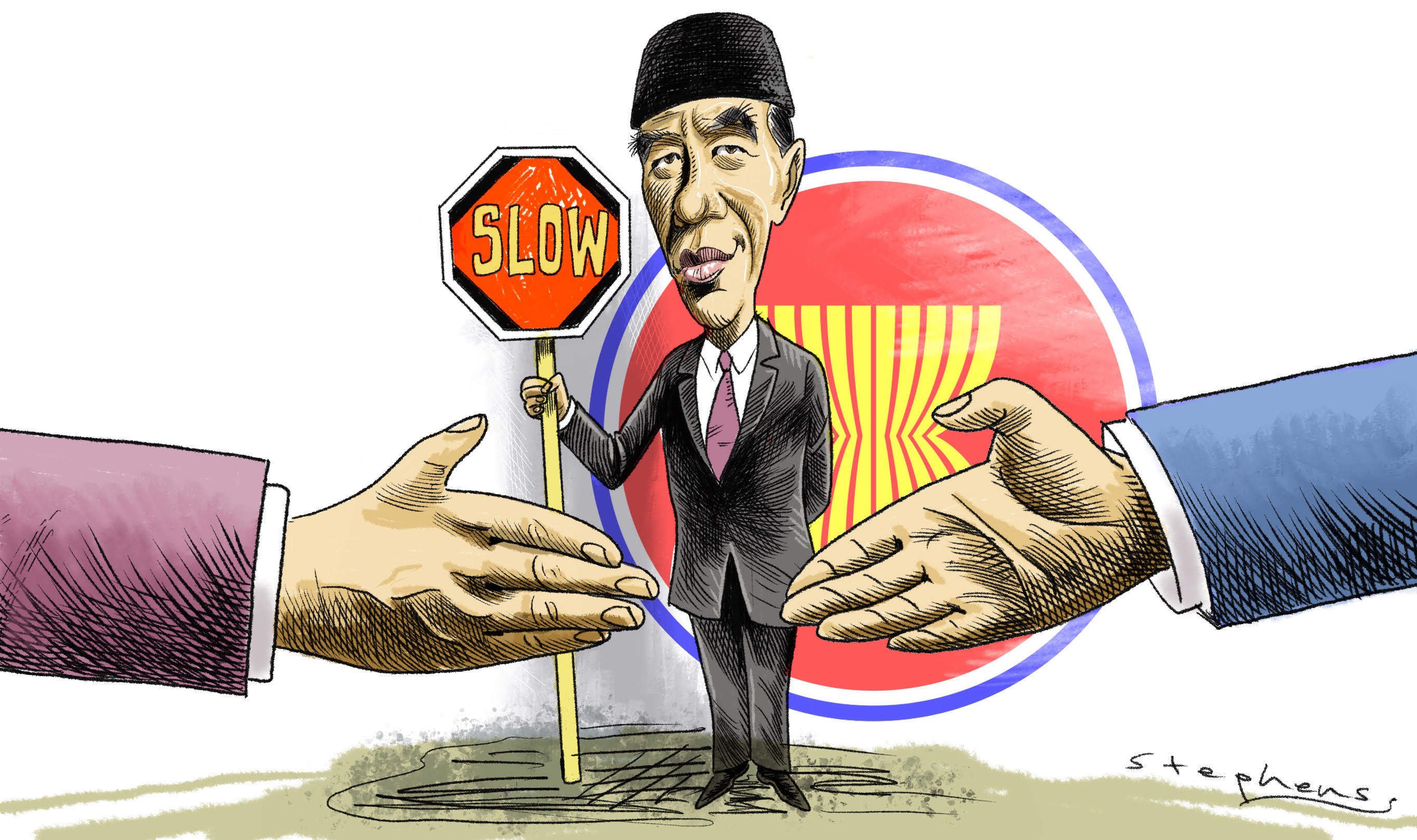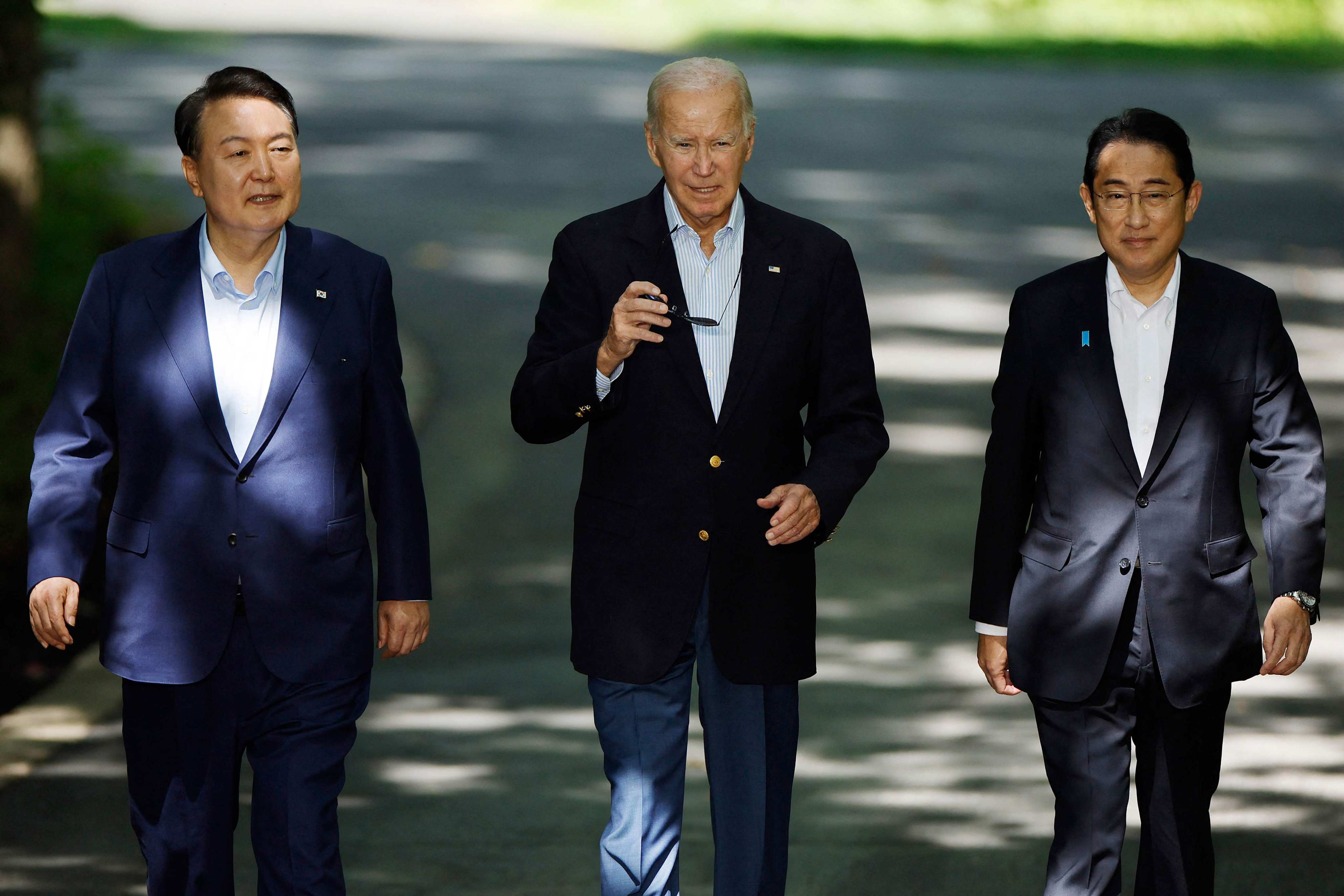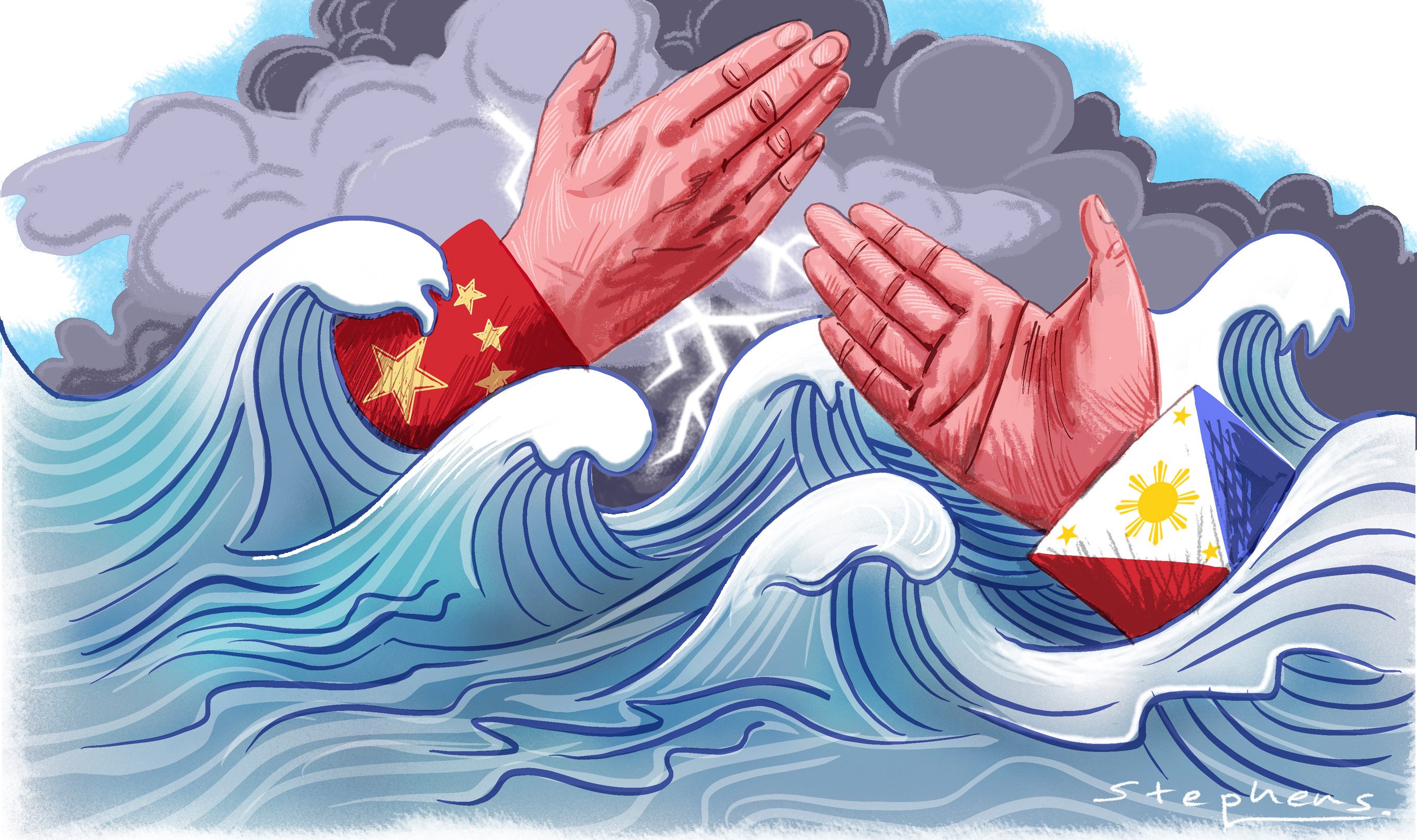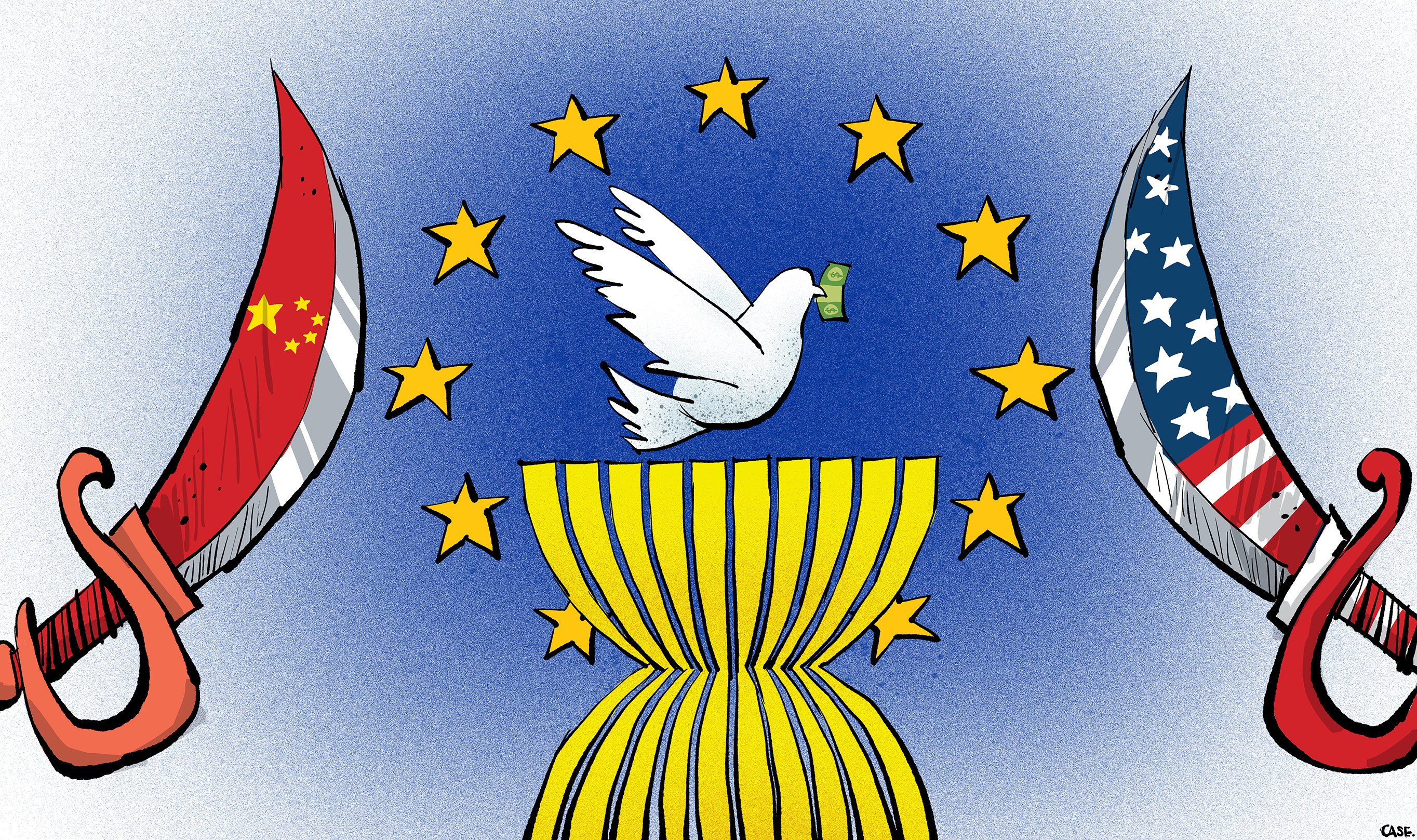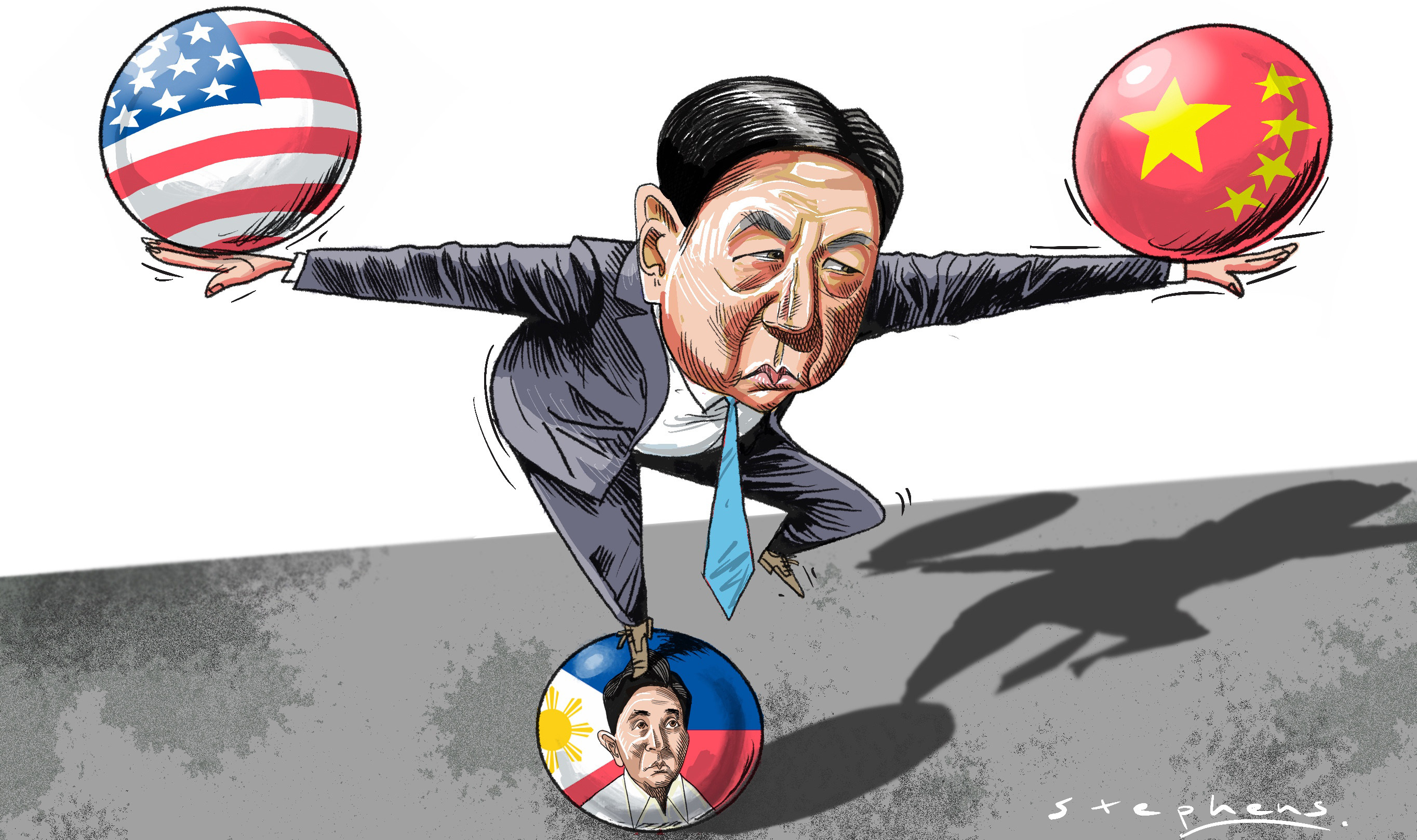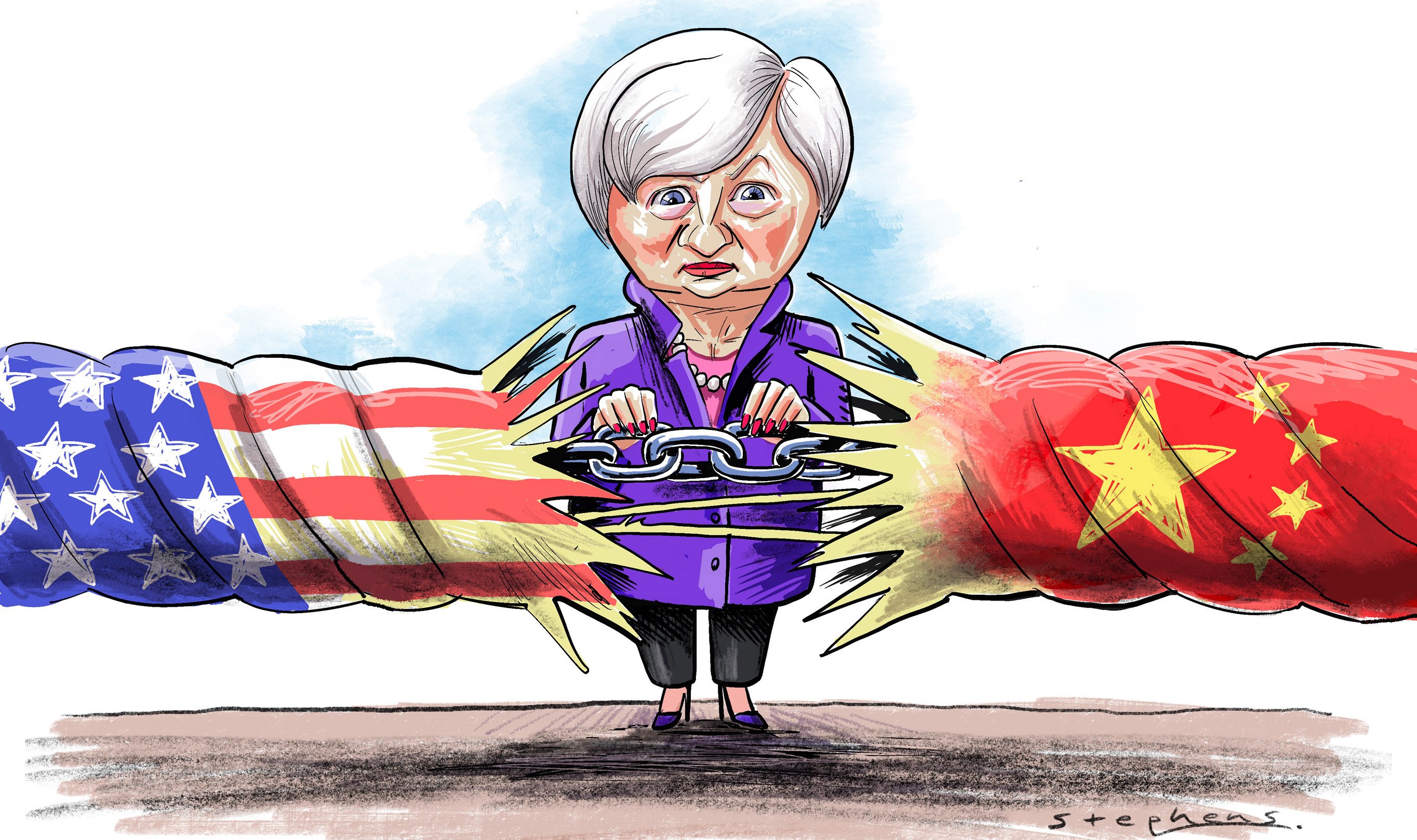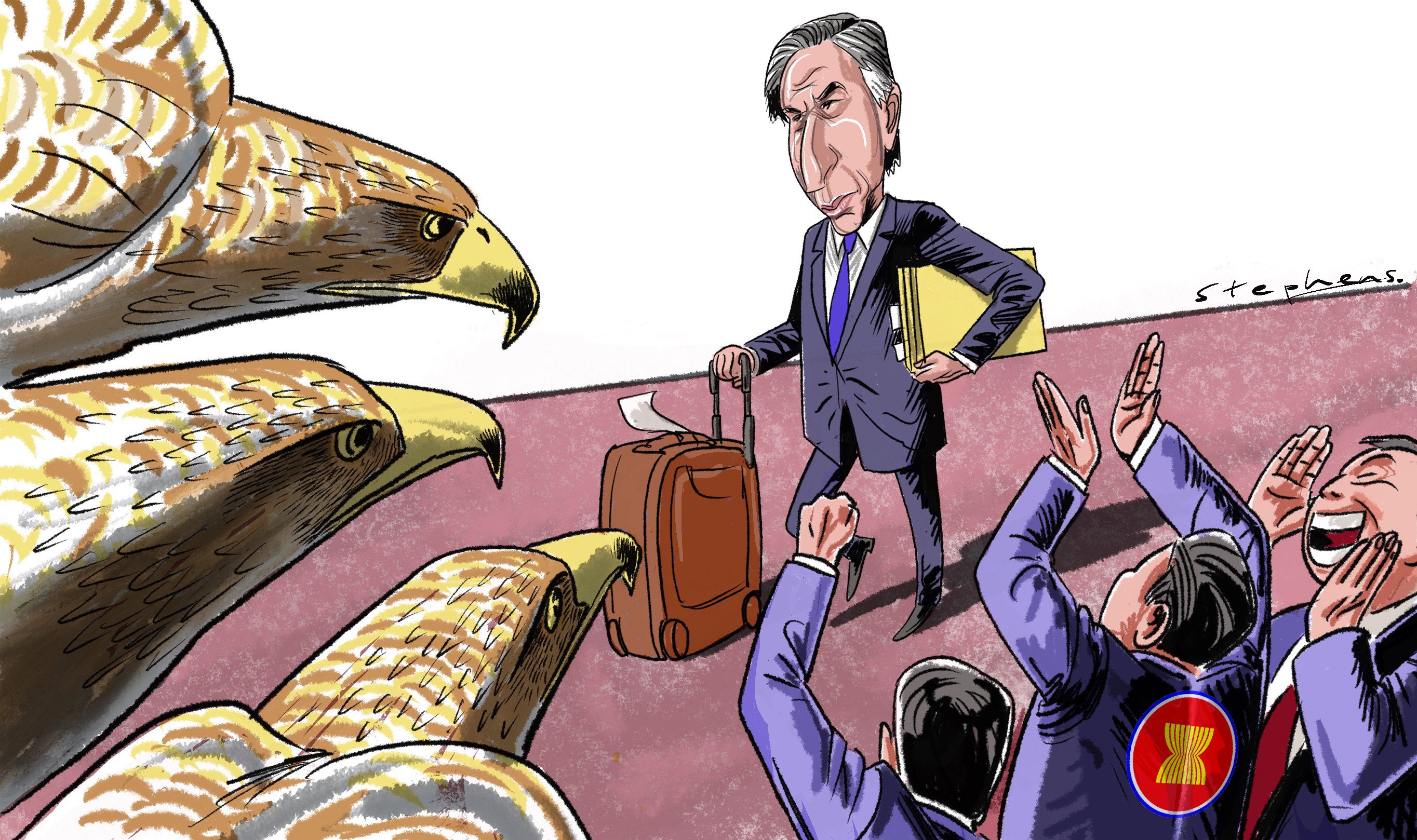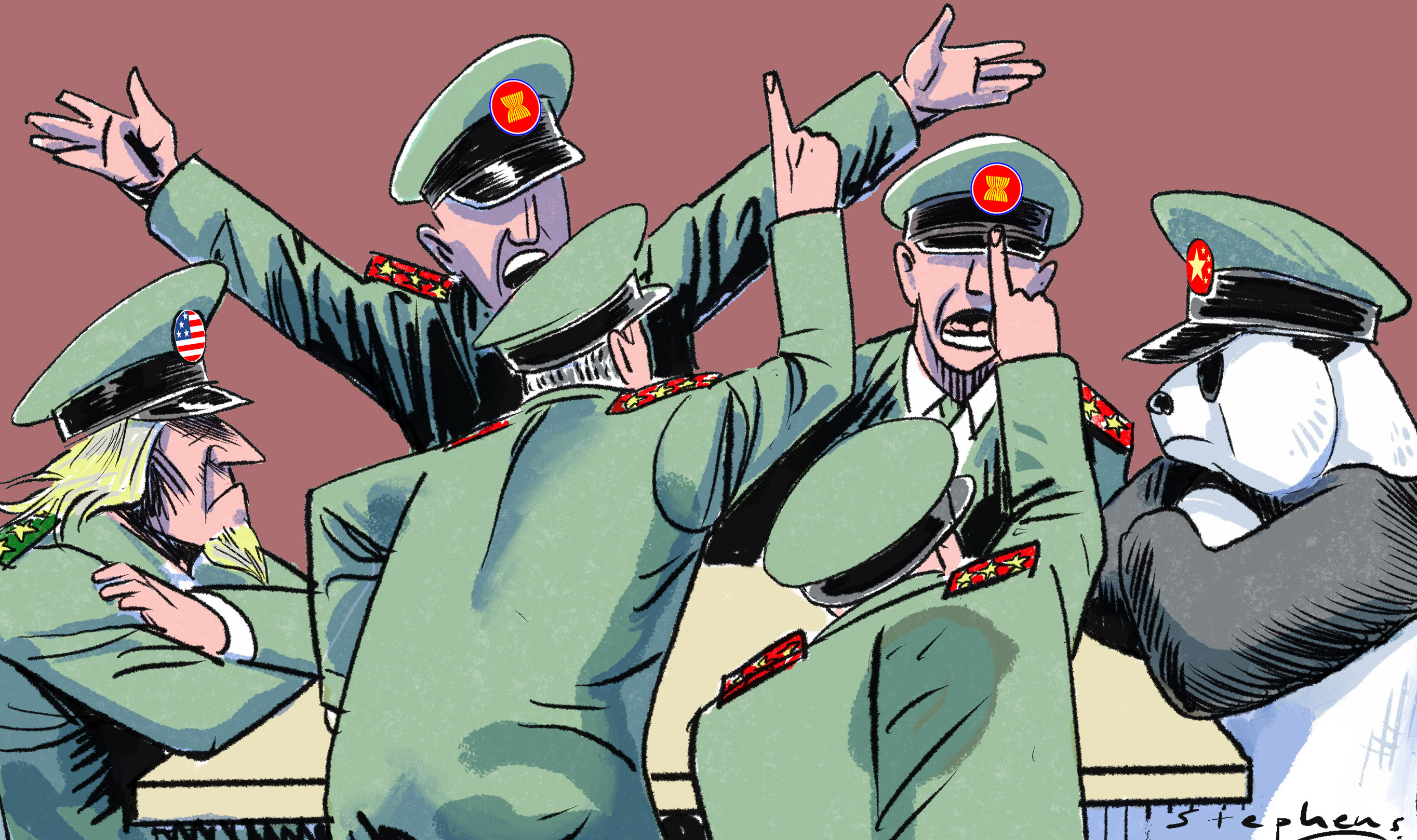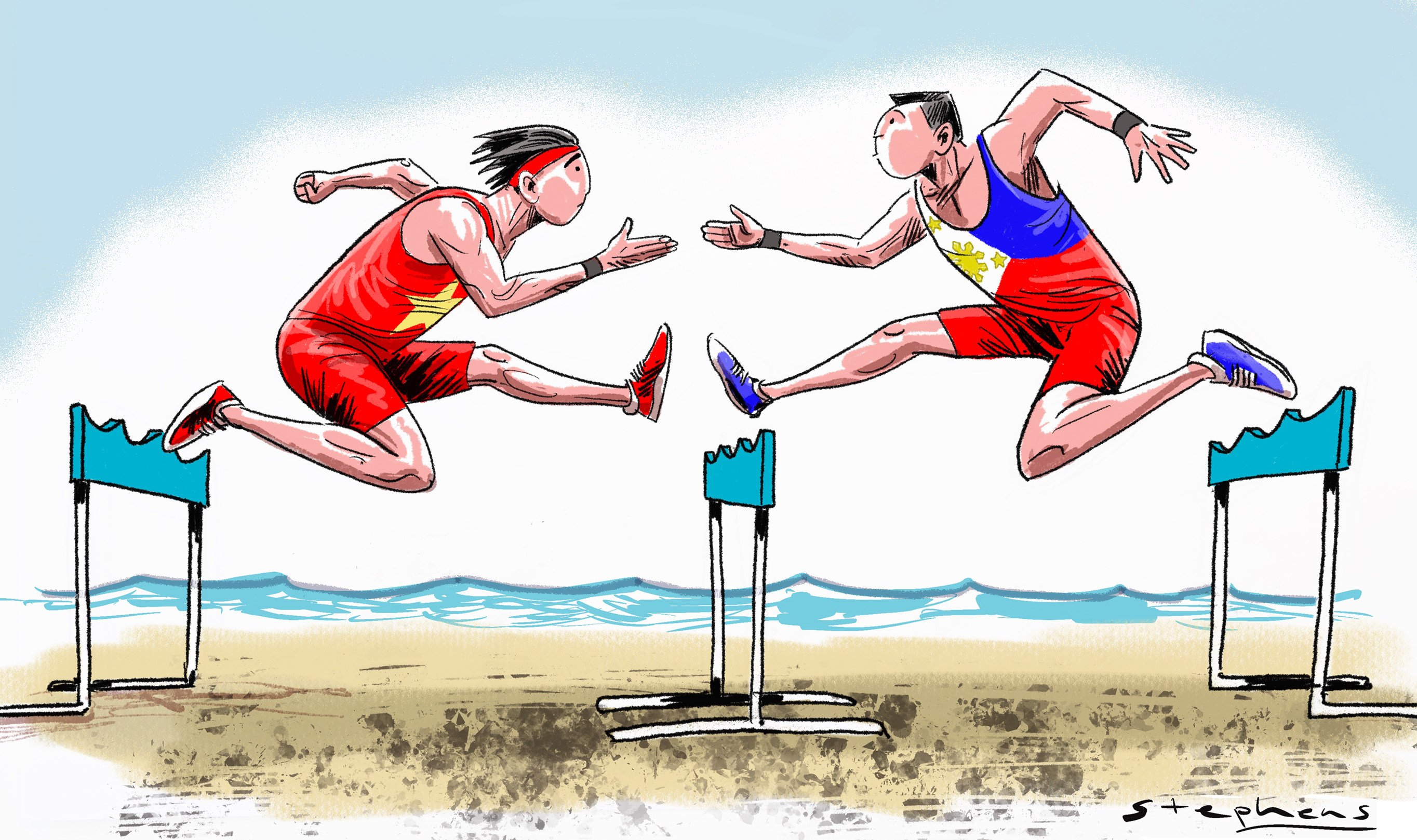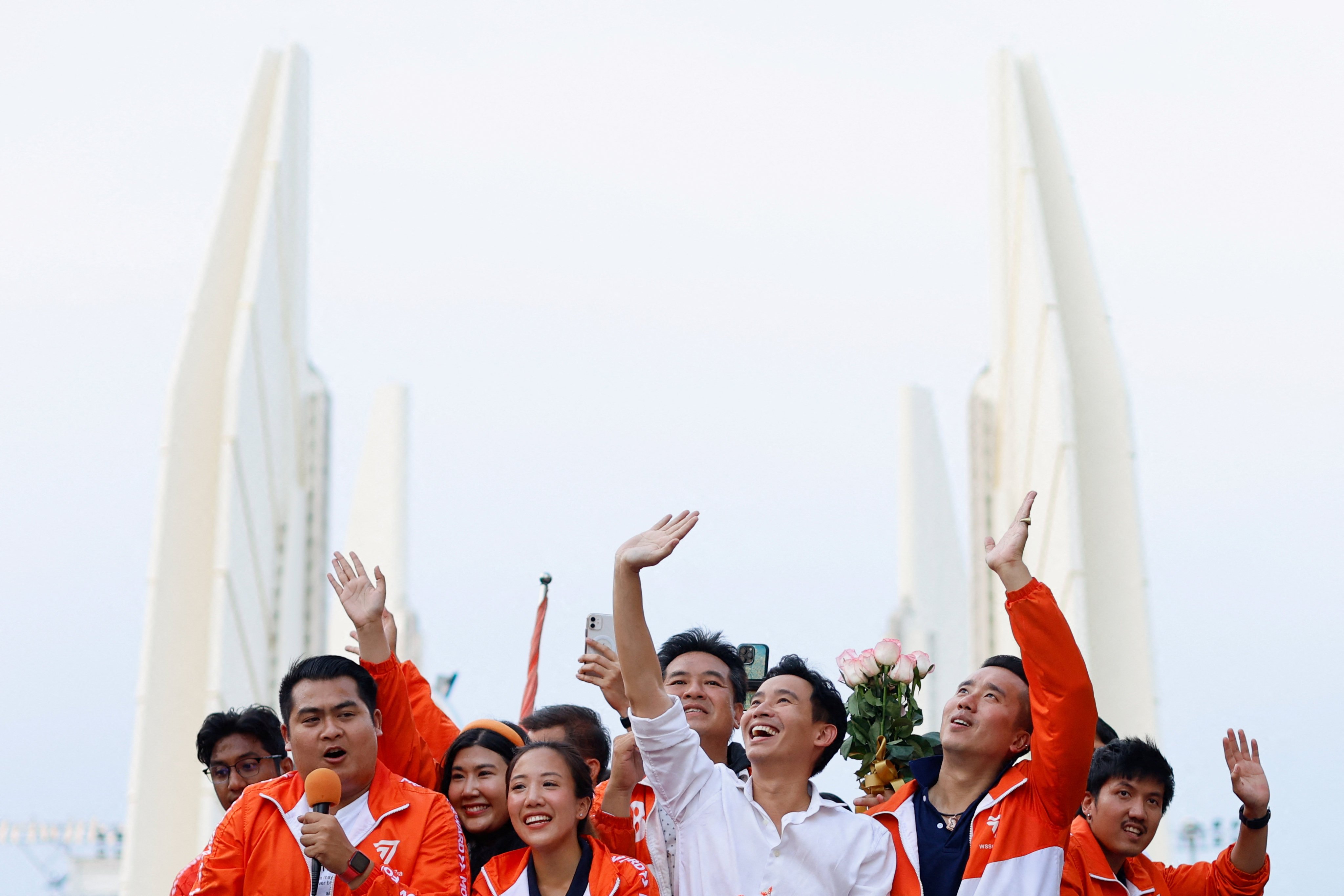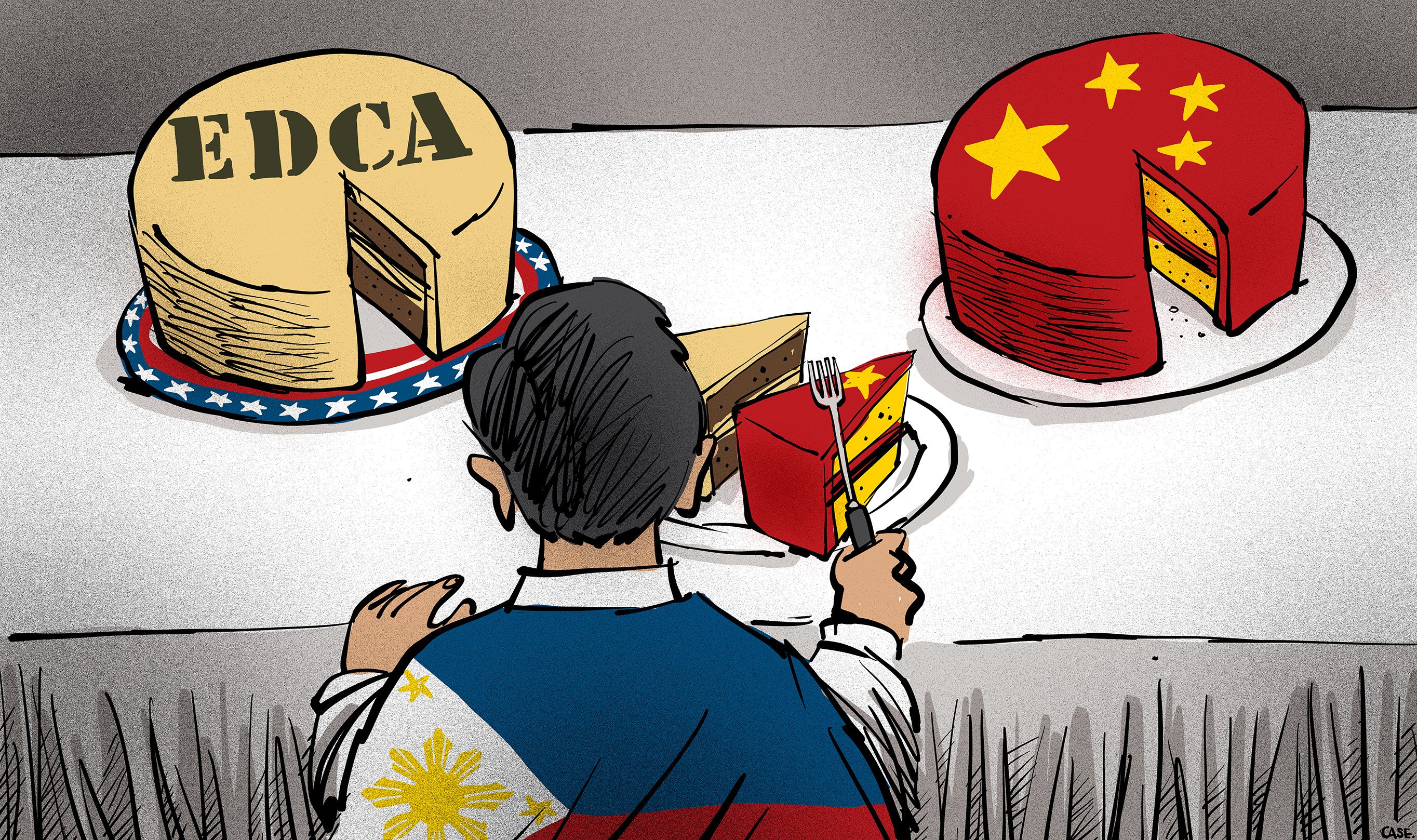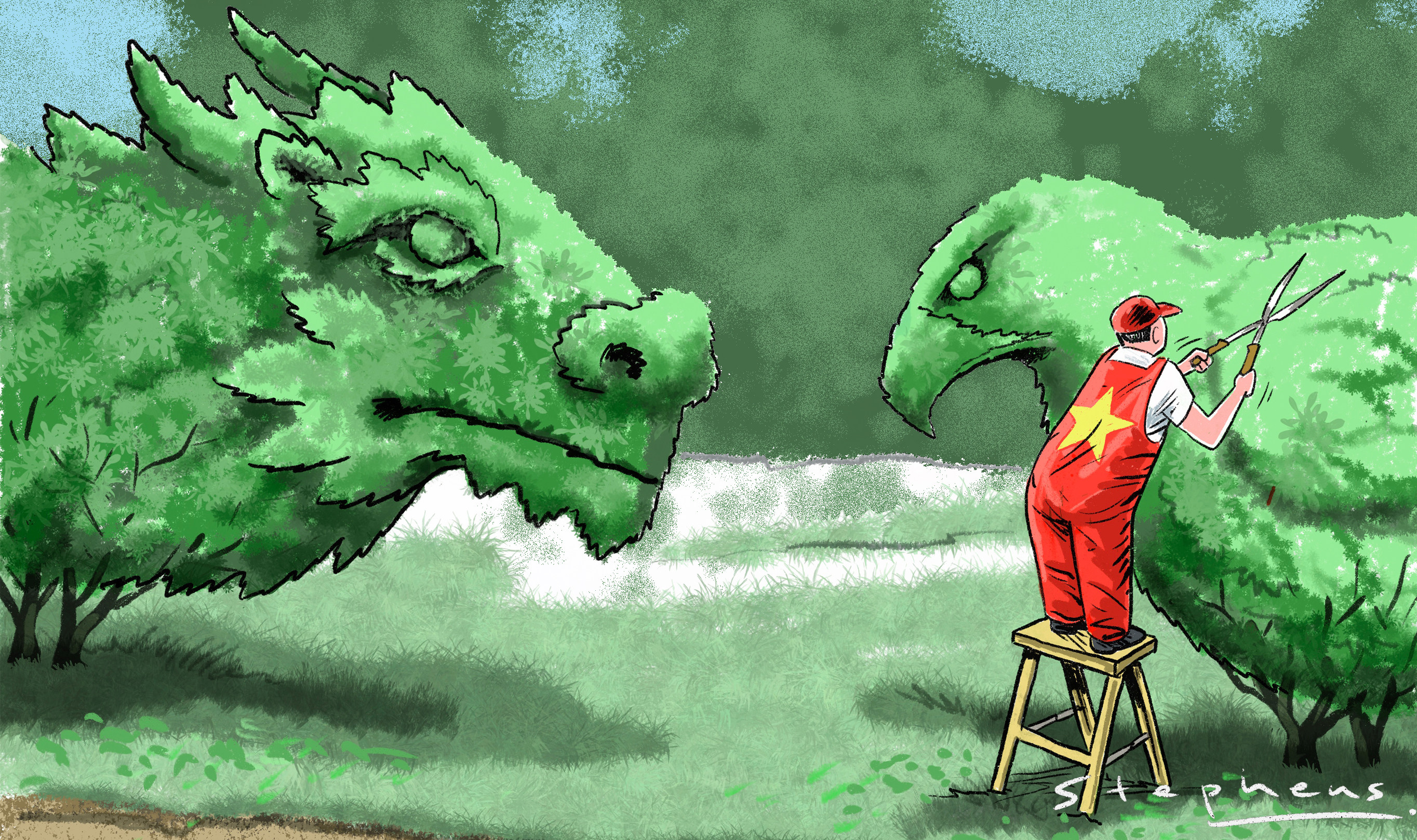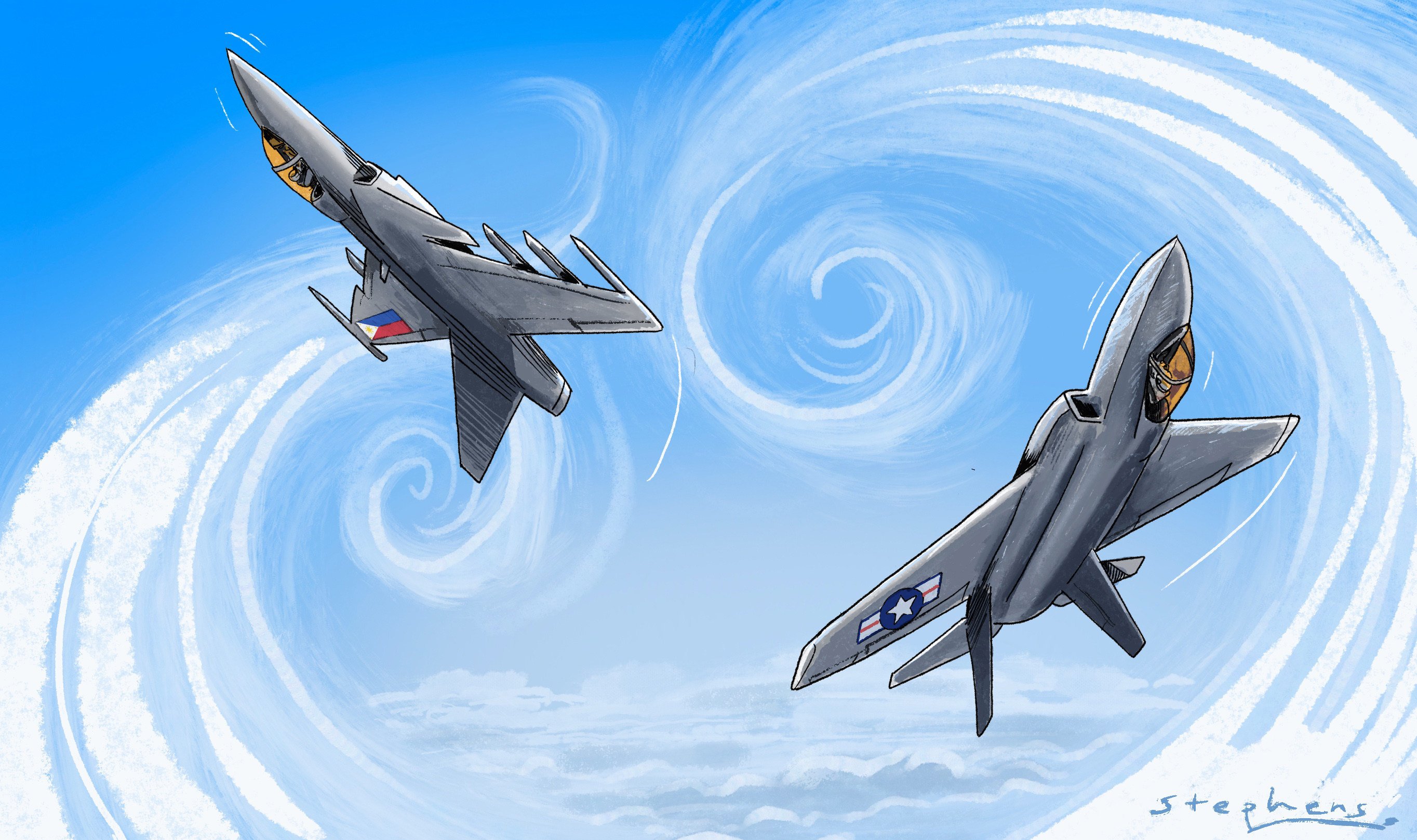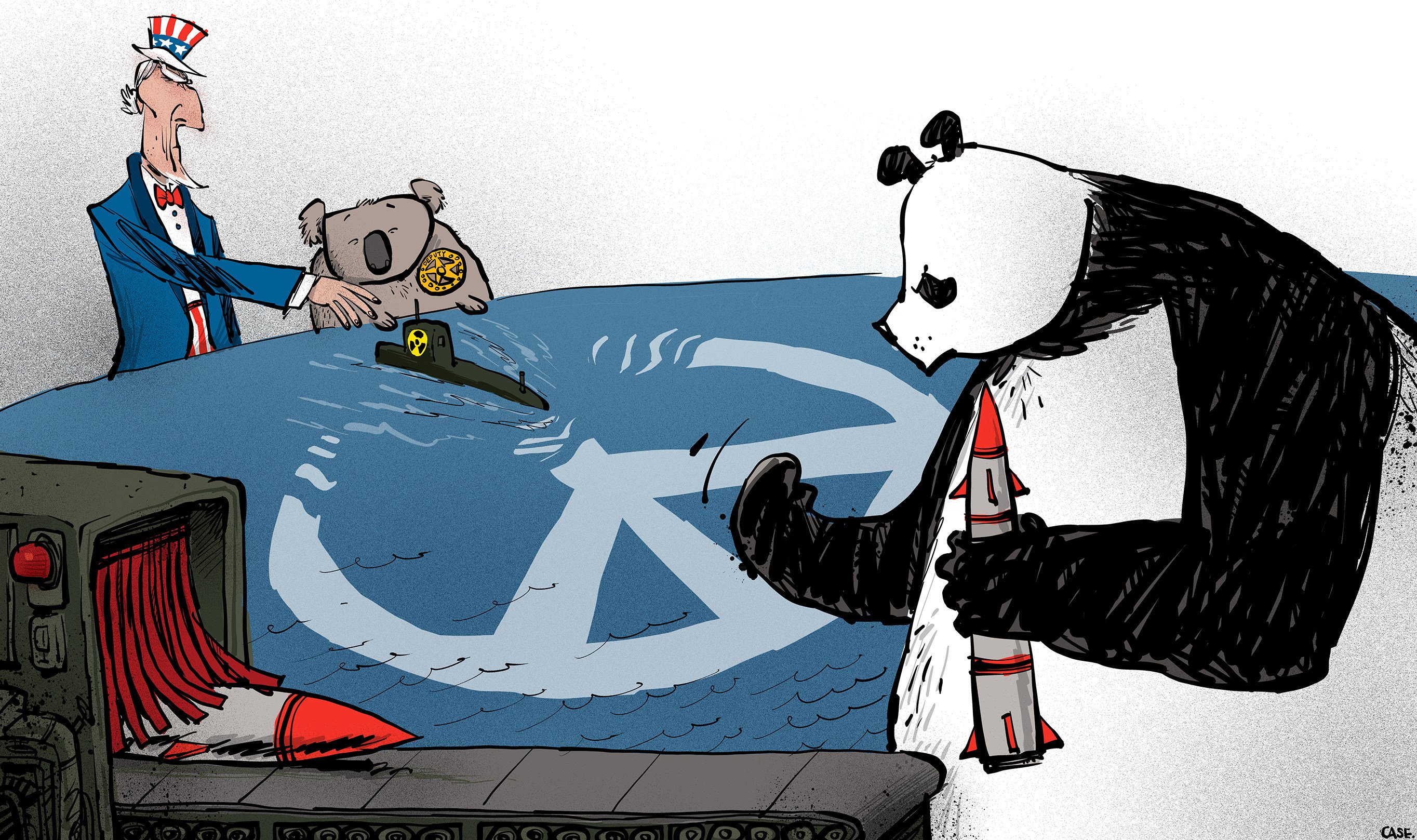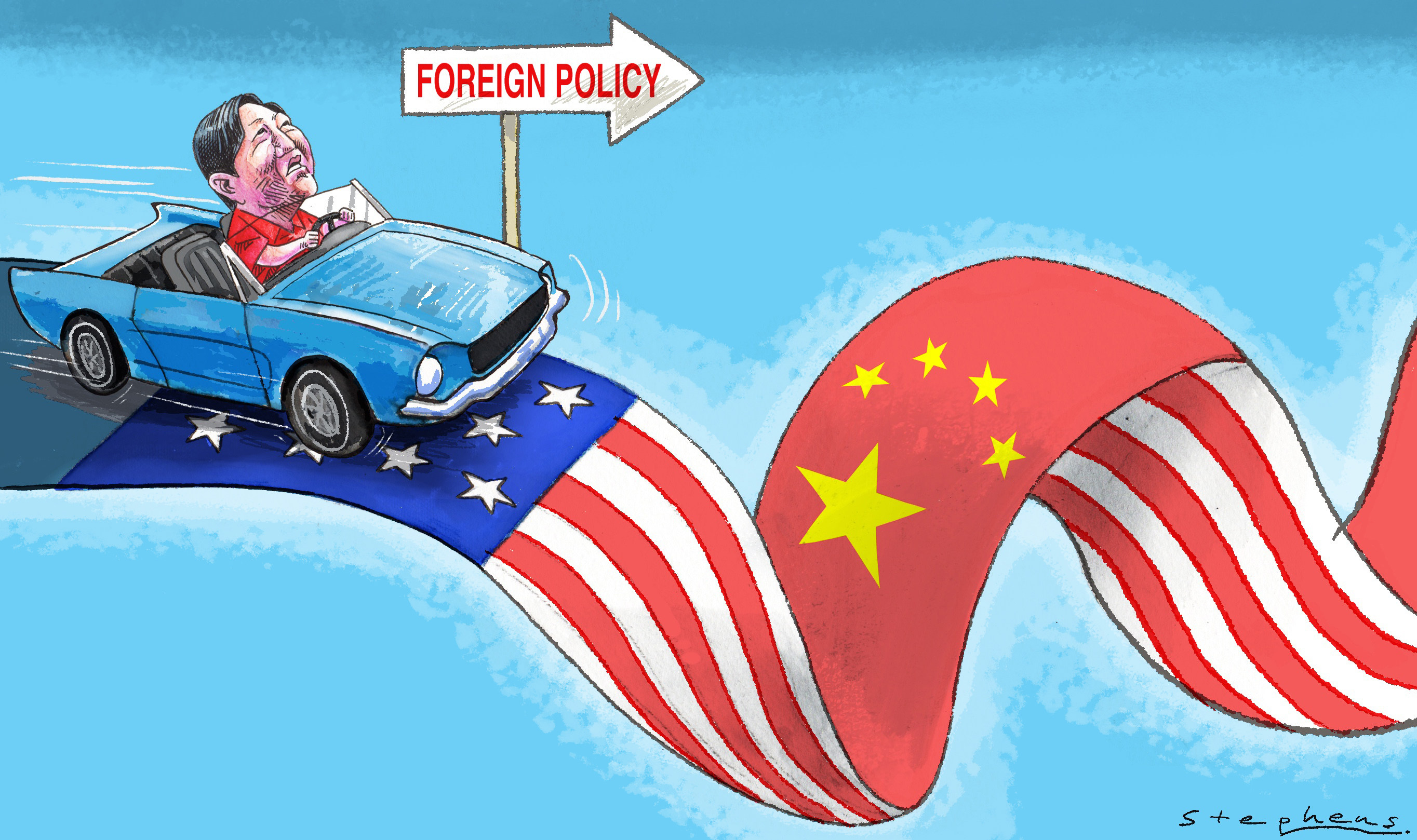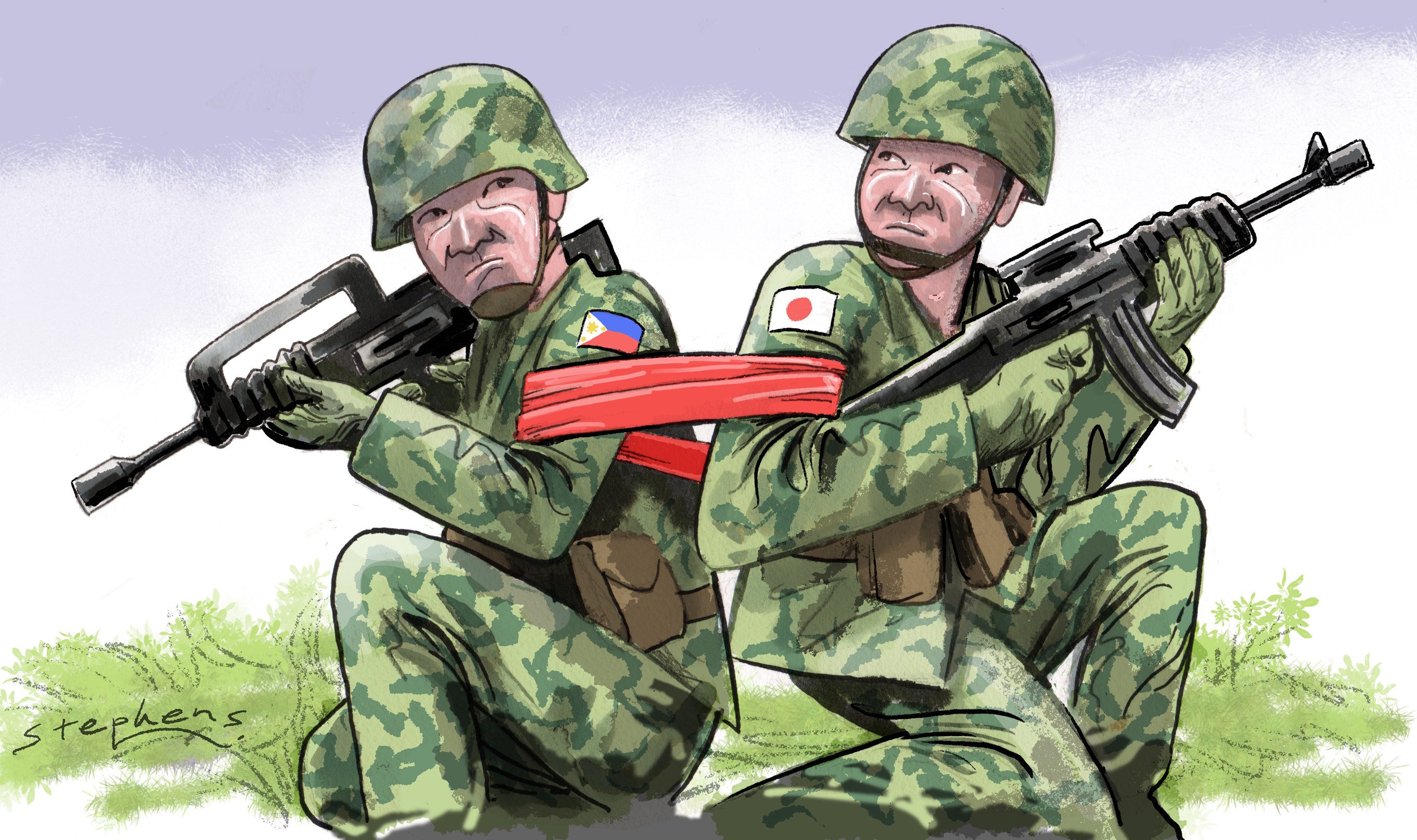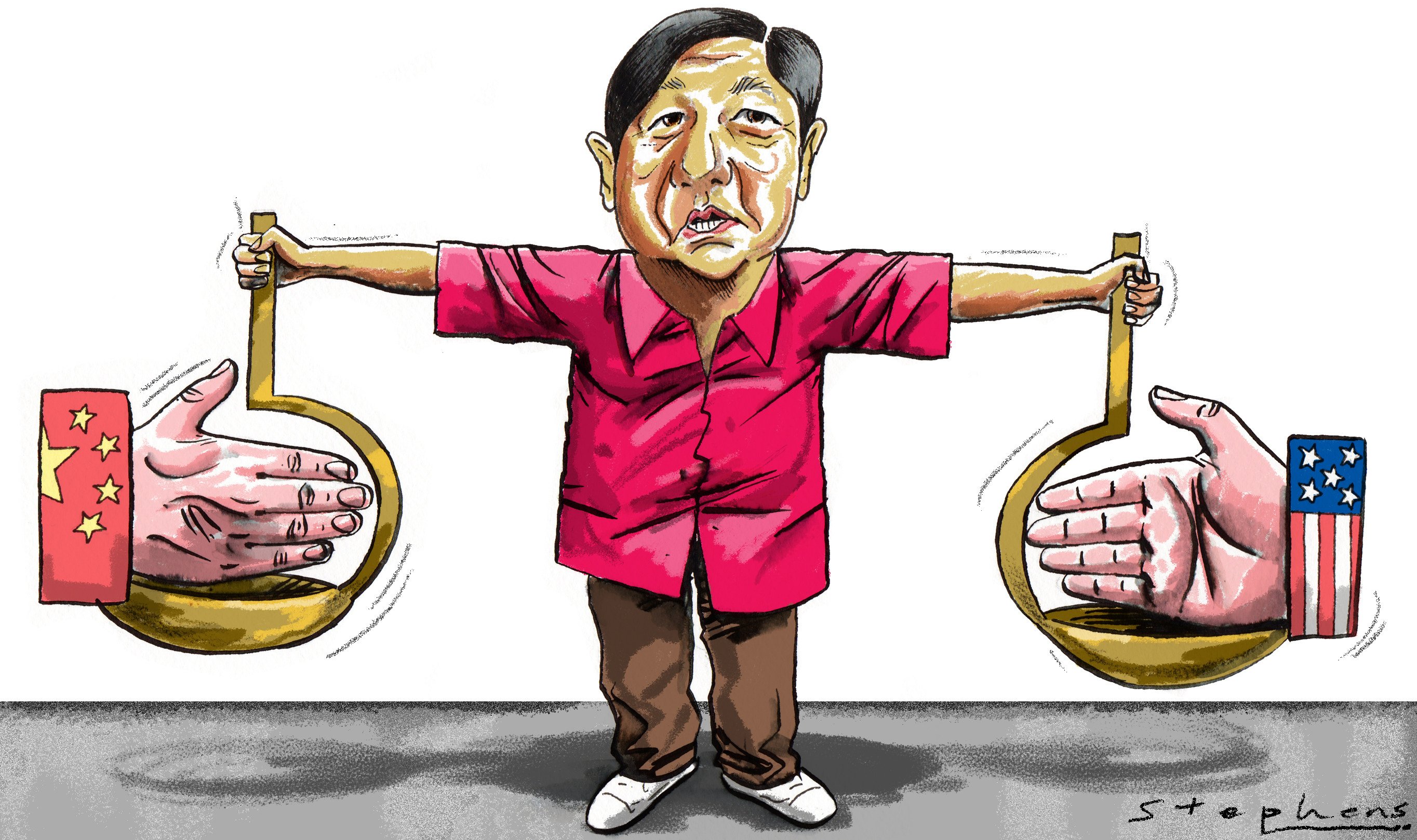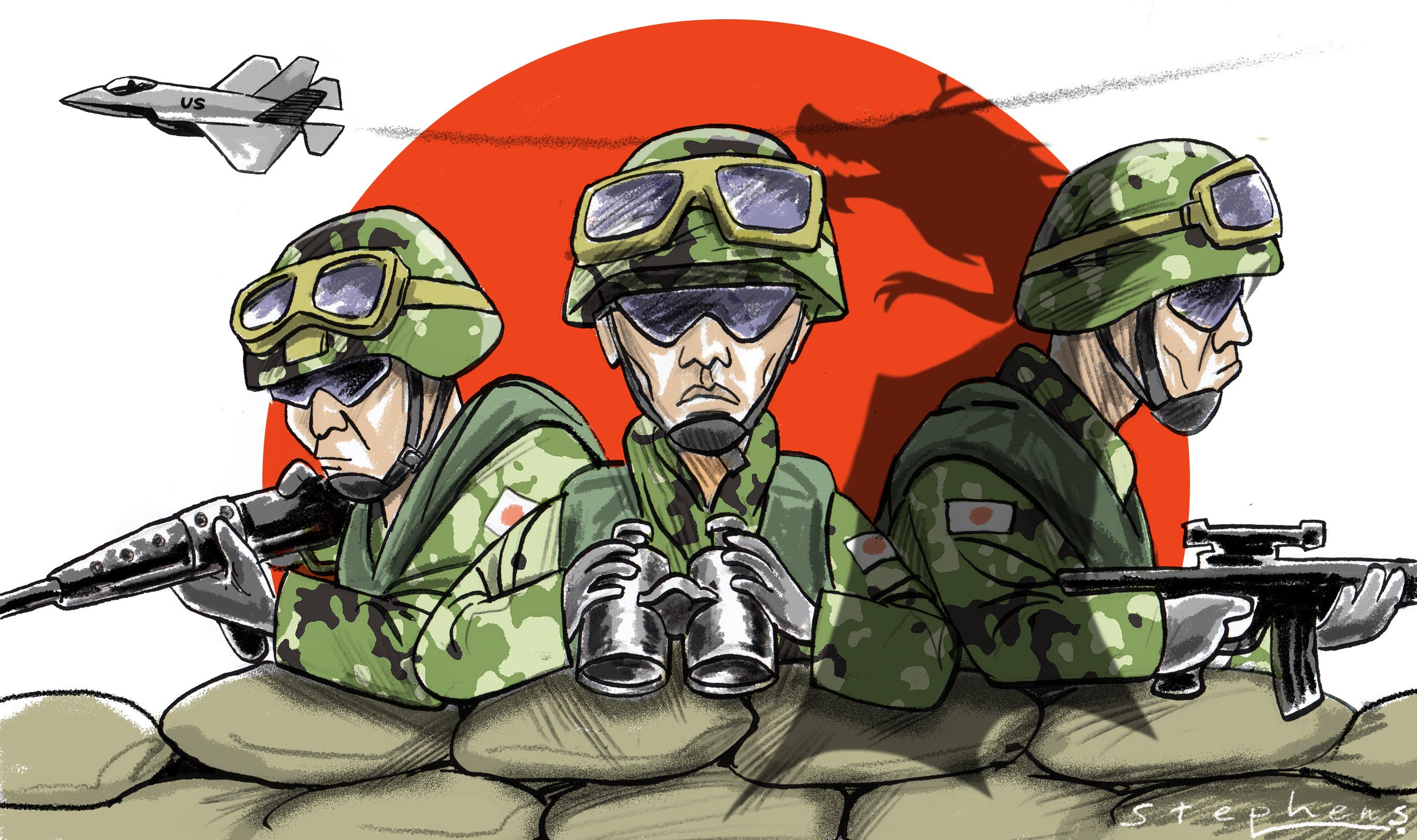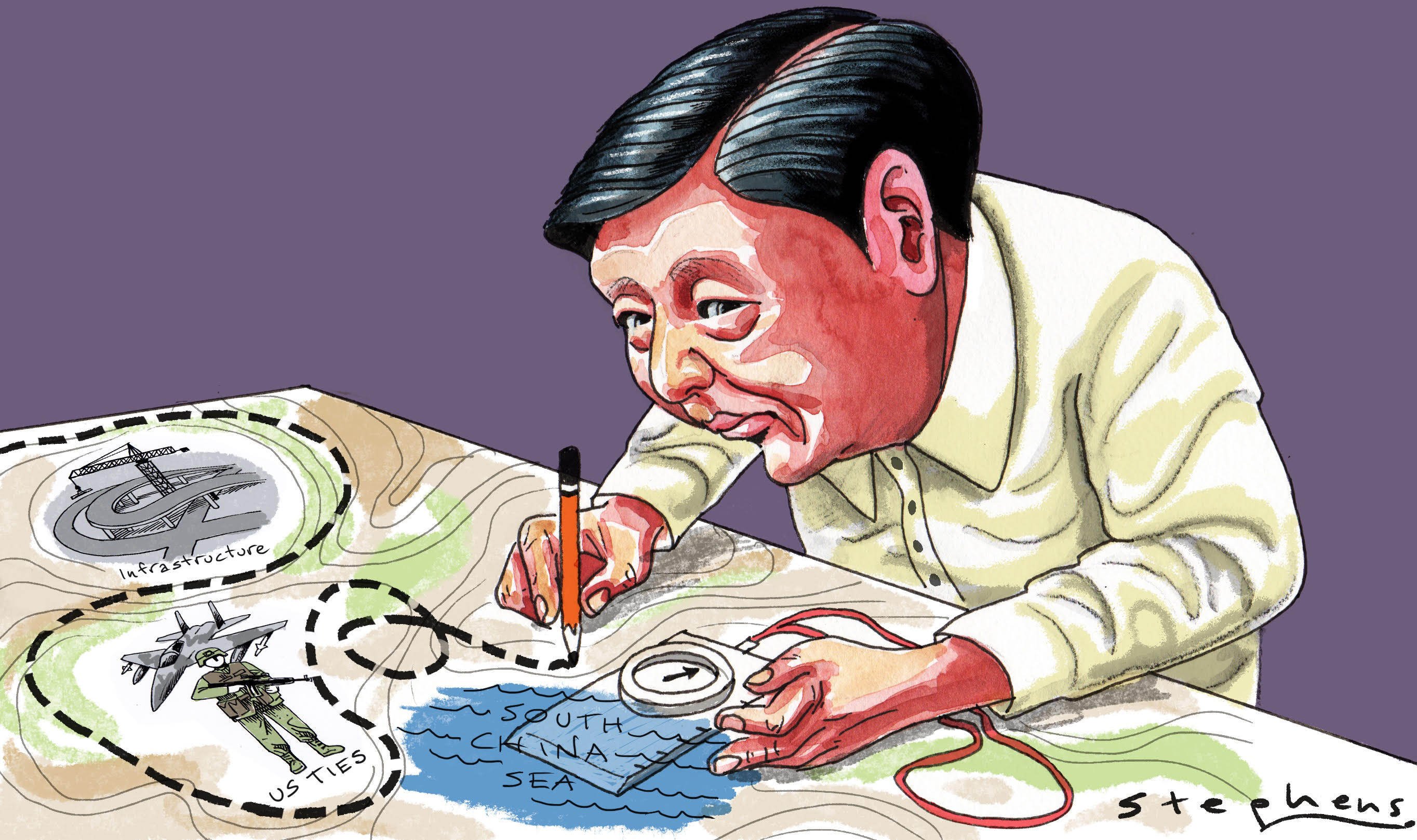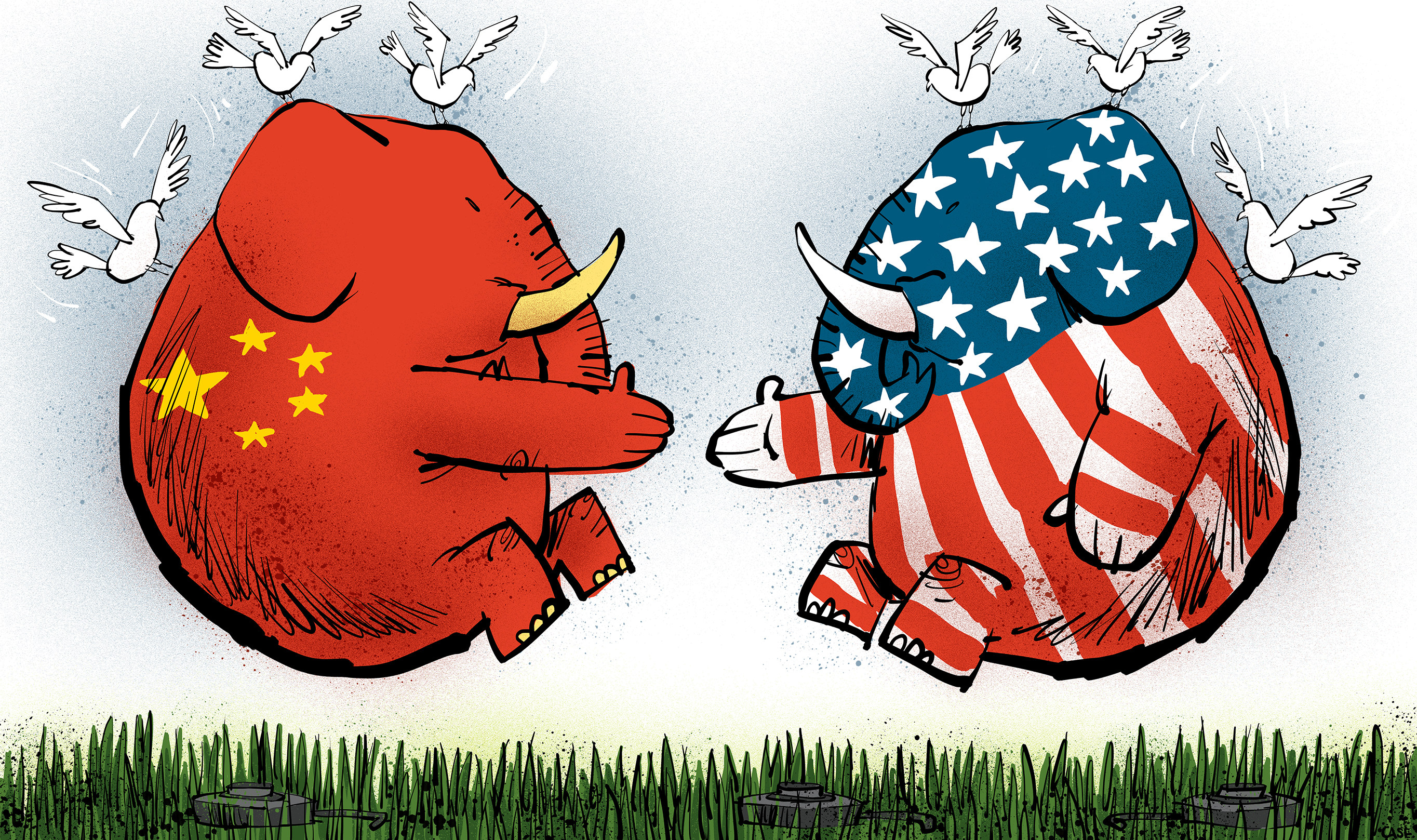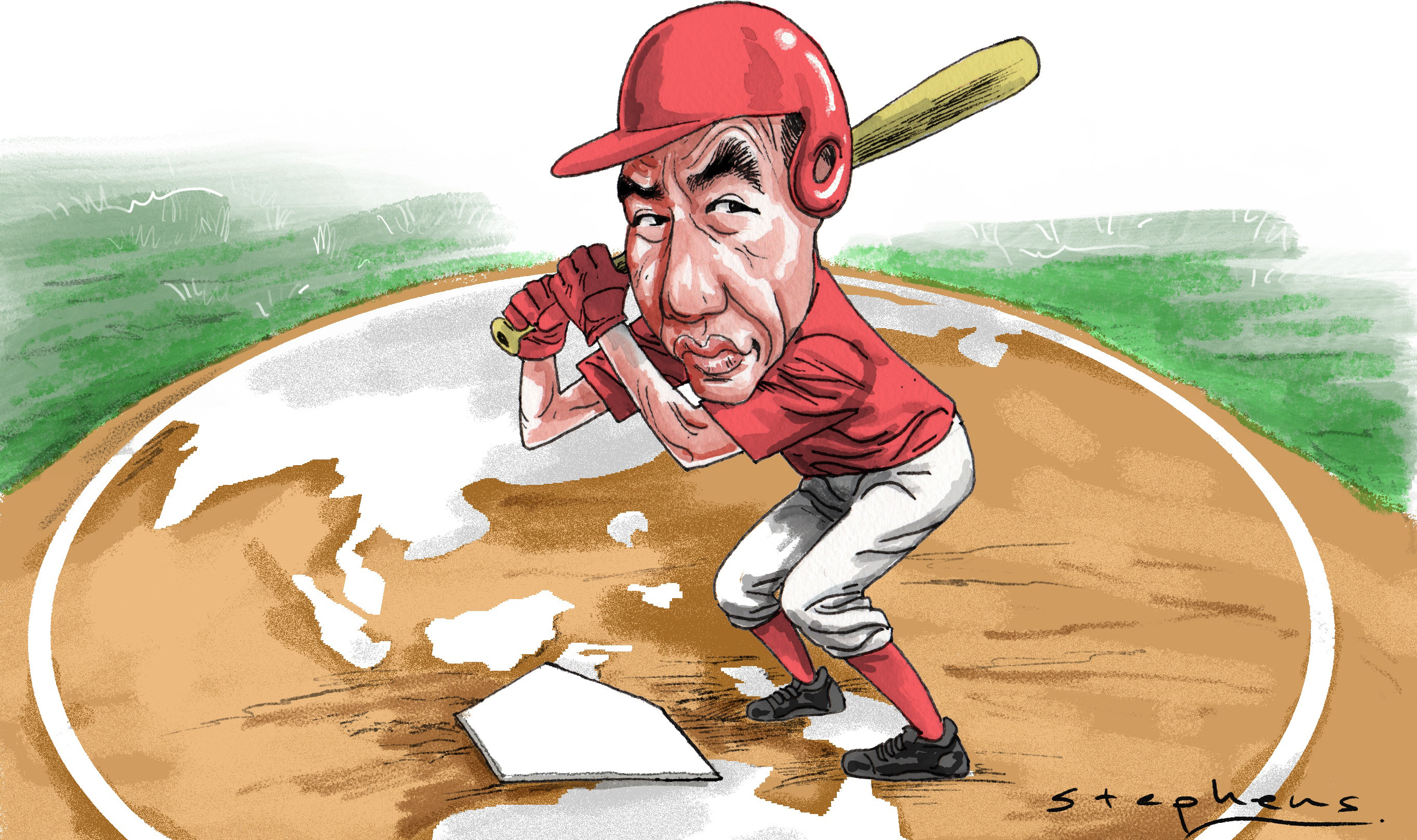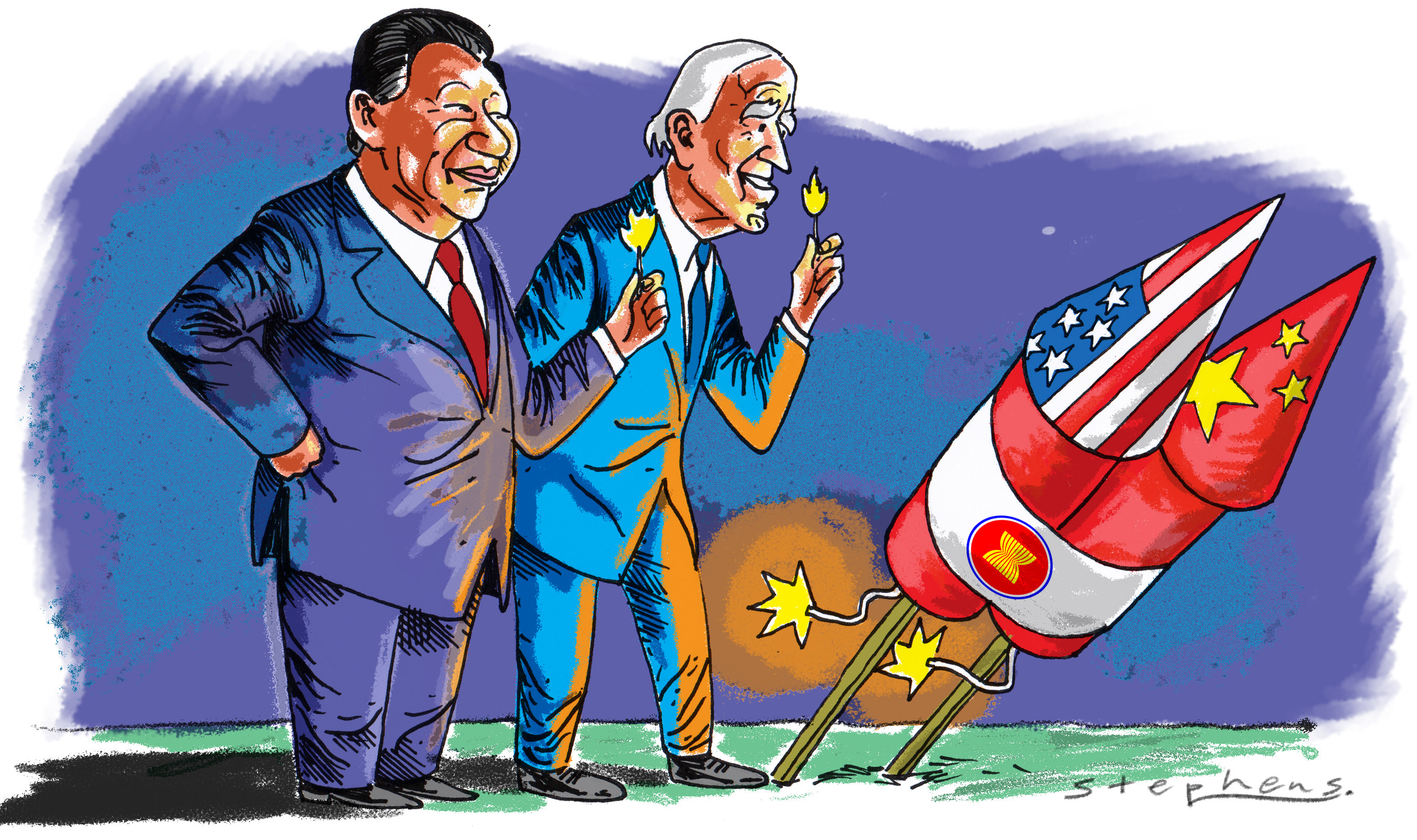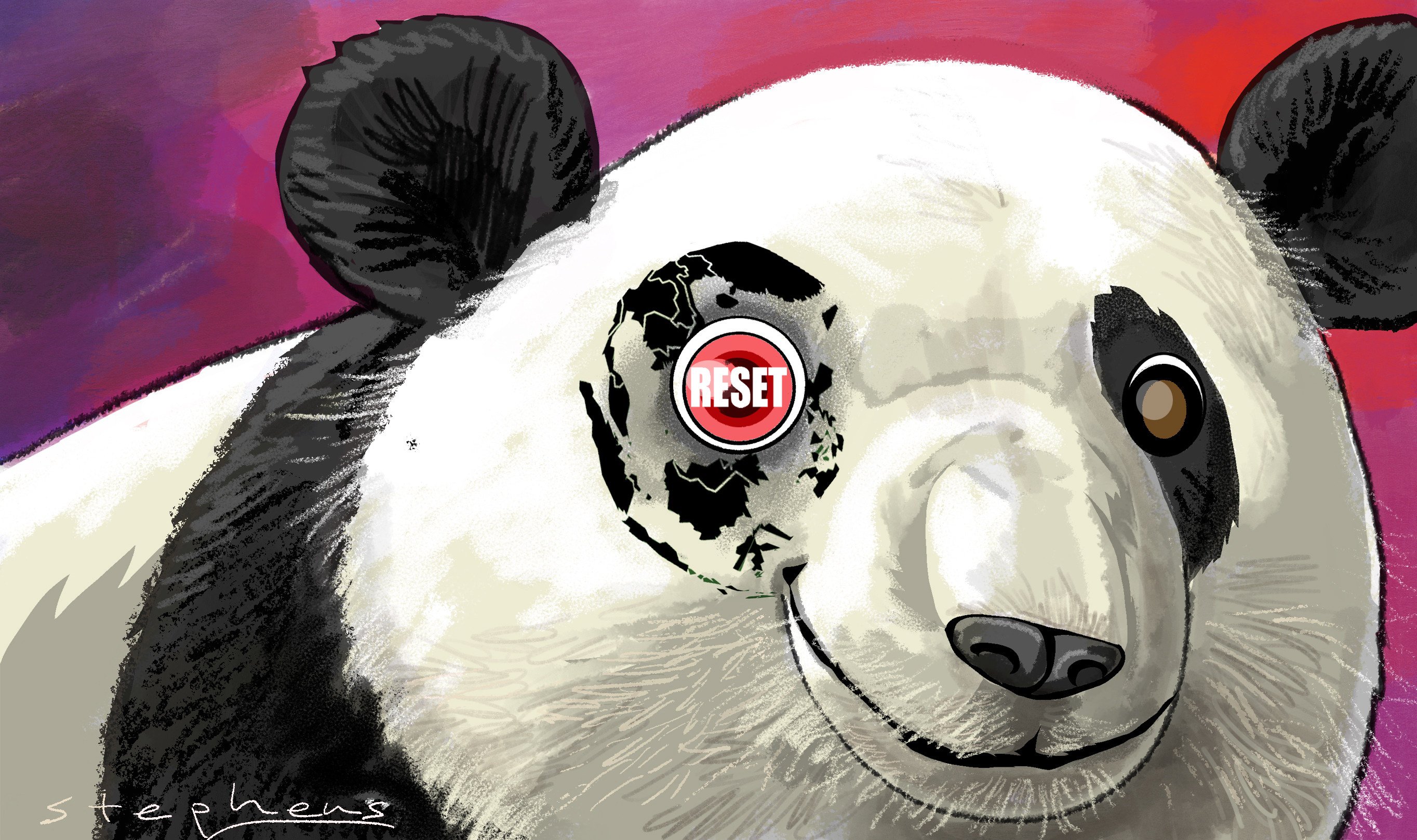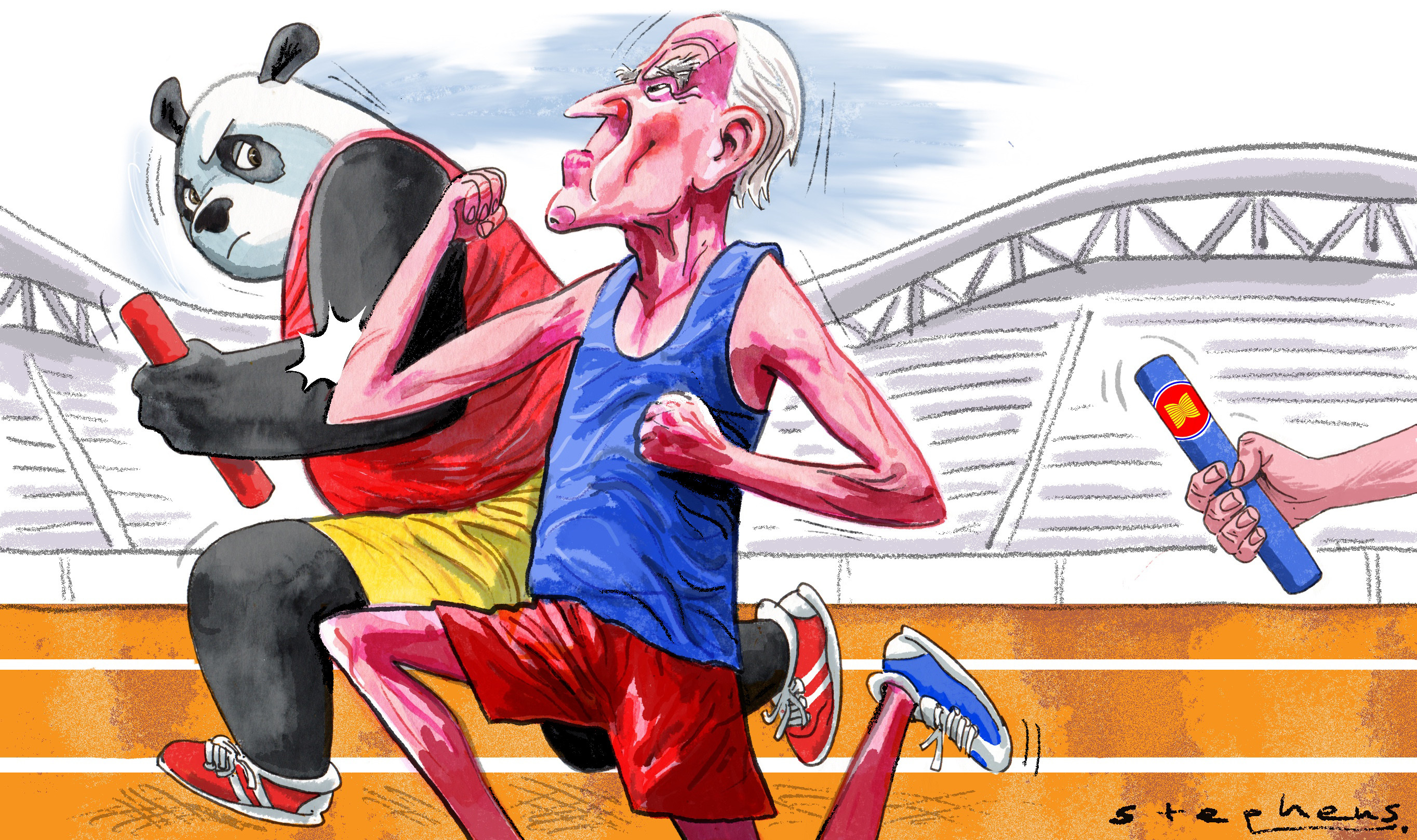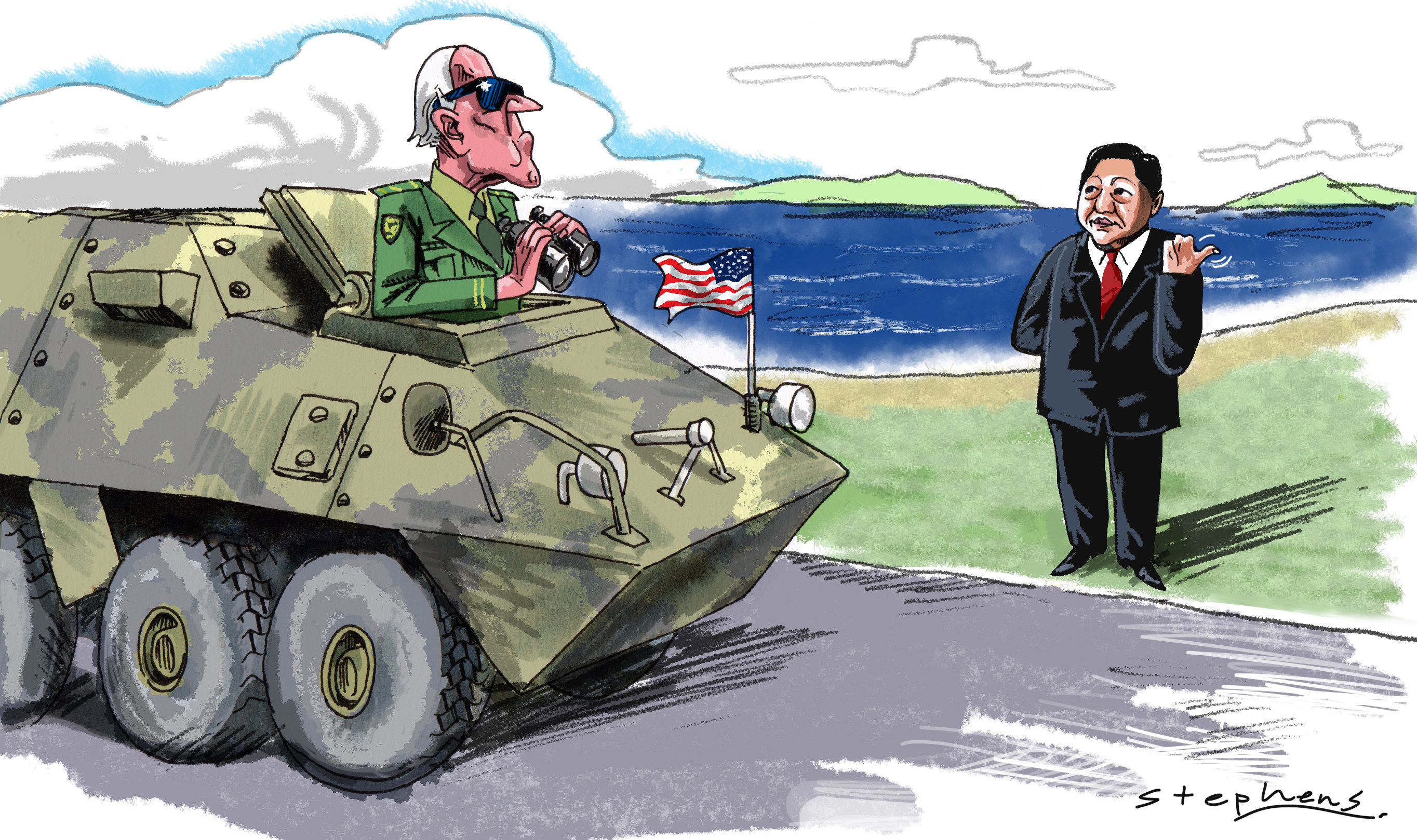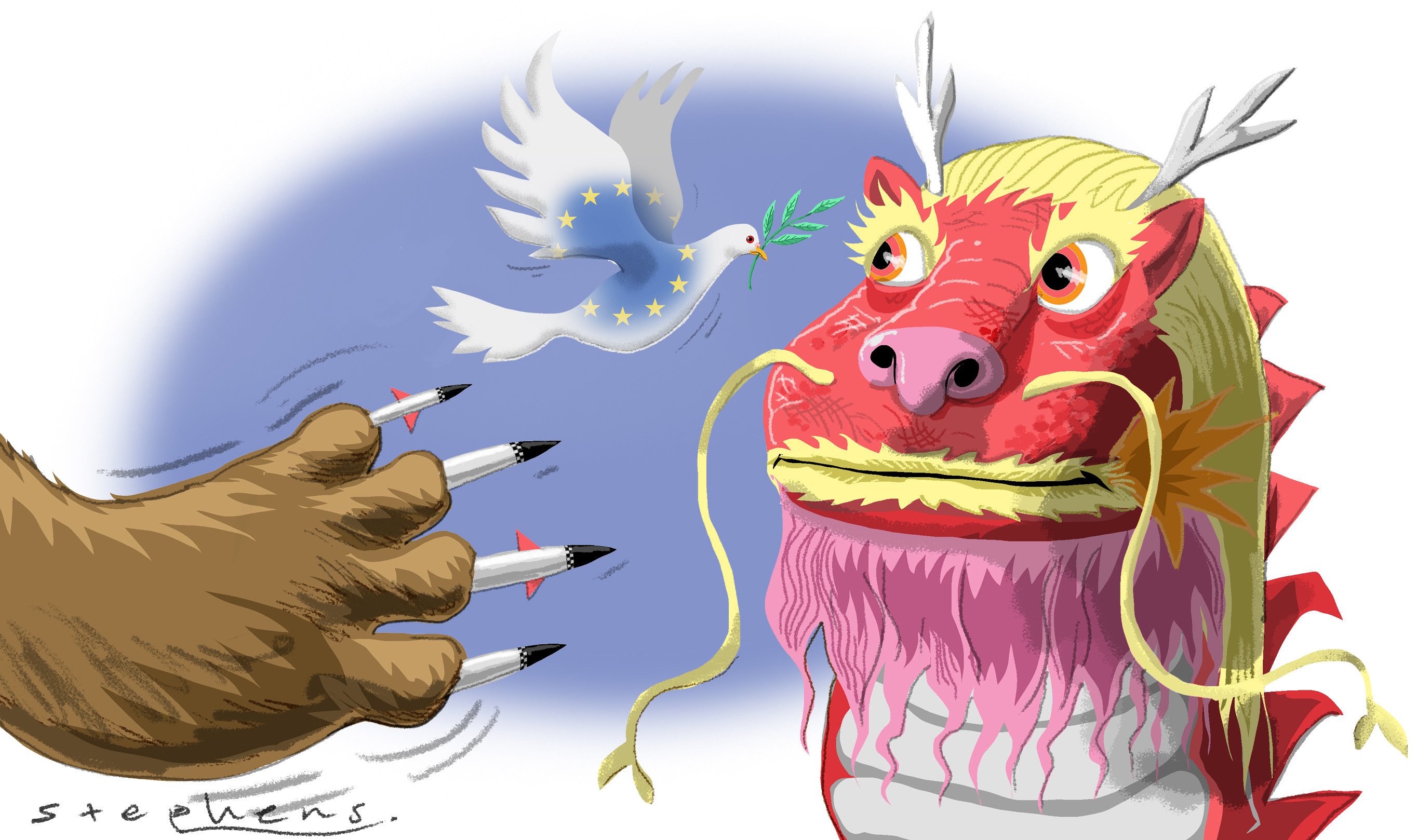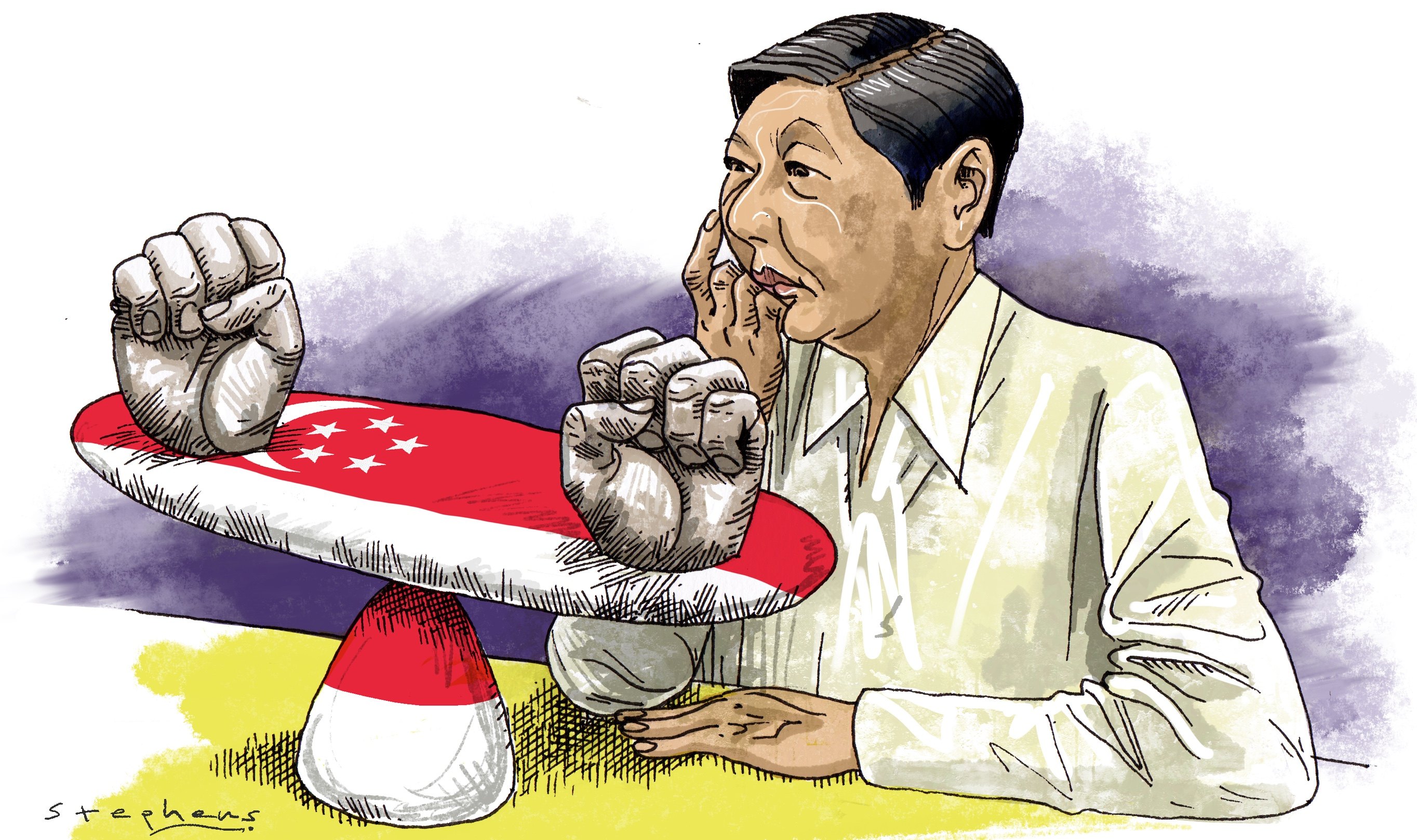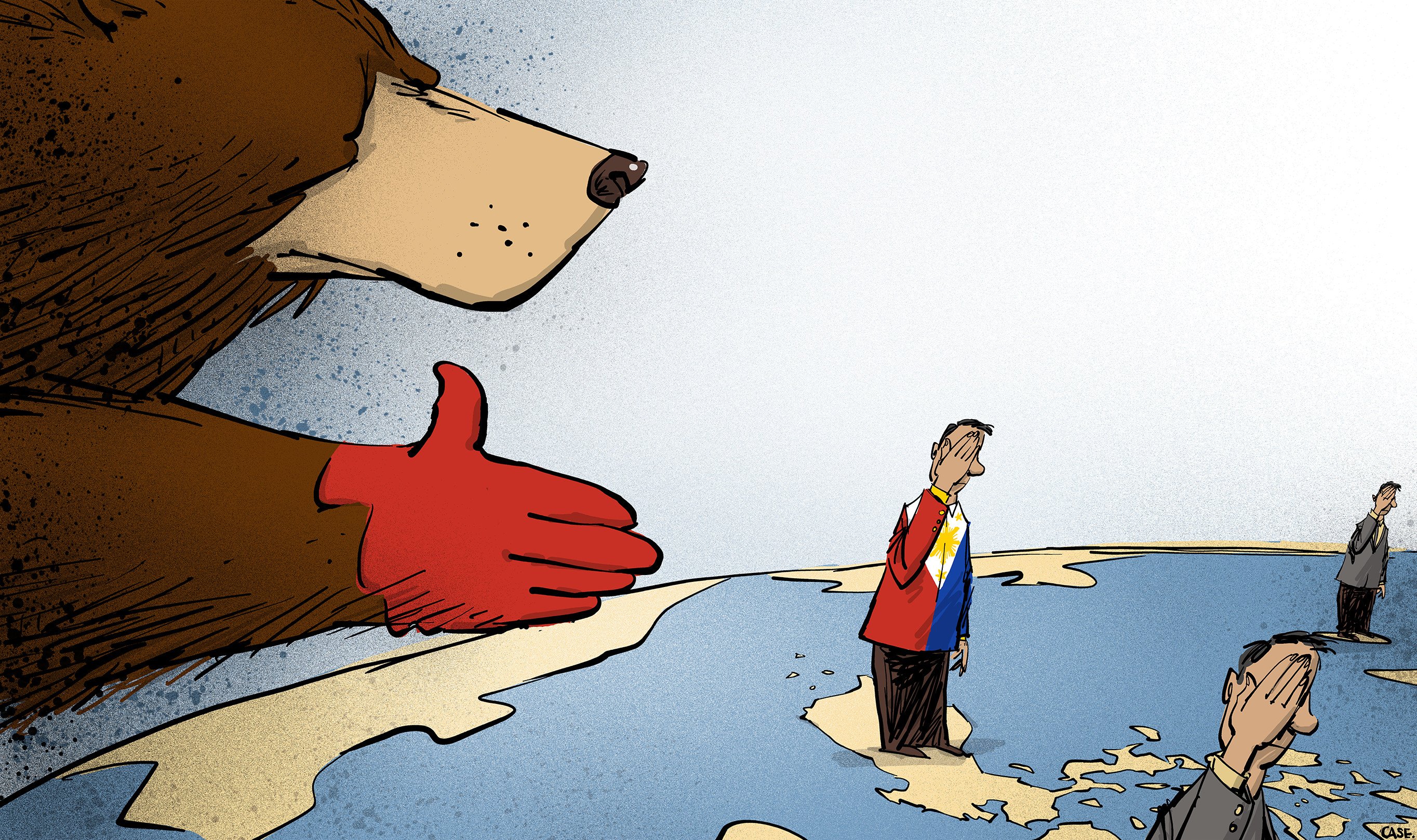
Relations between Beijing and Manila keep getting worse as neither side is backing off its maritime claims or military activities in the South China Sea. While taking a tough stance abroad might yield political dividends at home, both sides urgently need to find a way to peacefully coexist.
Scepticism aside, both Vietnam and India prefer a world dominated by neither the US nor China. They are interested in Western technology and investment but neither wishes to, nor can afford to, confront Beijing.
The Indonesian president seems determined to contain multiple crises in Southeast Asia as well as head off a clash among rival powers in the Indo-Pacific. His cautious approach risks inaction that further deepens regional crises, but it also holds the promise of building a more capable, coherent Asean.
Recognising that traditional, highly centralised military alliances like Nato might not be the best fit today, the US has turned to minilateral security arrangements. However, in countering China, Washington’s ‘integrated deterrence’ strategy has three weaknesses.
Filipino presidents have tried to improve ties with China throughout the 20th century, but domestic scandals and territorial disputes have got in the way. Clashes between Filipino and Chinese vessels in the South China Sea have renewed public anger towards Beijing, making diplomatic efforts politically risky.
Far from a routine exchange of diplomatic niceties, recent developments in EU-Philippine strategic relations reflect a broader geopolitical trend in Asean amid US-China jostling.
Marcos Jnr’s pivot towards the US is dividing his coalition government even as the EDCA defence pact with Washington draws Beijing’s ire. In his second year of office, managing China and US defence ties will be doubly crucial.
A series of high-level meetings and positive rhetoric meant Yellen’s visit was encouraging to many, but the underpinnings of US-China tensions remain. Leaders on both sides will have to expend significant political capital for a desperately needed diplomatic breakthrough in the near future.
For the most part, China hawks in the US have been deeply critical of Blinken’s visit to Beijing. Crucially, however, the trip raised hope of restoring bilateral dialogue and was largely welcomed by regional states keen to facilitate a thaw in US-China regional rivalry.
Asean nations have showcased their diplomatic muscle recently, aiming to bring the US and China together for talks and joint activities. However, their hopes of ensuring Asean centrality are hampered by a need for consensus, divergent threat perceptions and internal divisions.
Despite Marcos Jnr’s best efforts, Manila and Hanoi will have to first overcome mistrust, strategic and ideological differences, and their lack of military operational compatibility.
The opposition in power will be restrained by contentious domestic politics, a growing ‘multi-alignment’ consensus and the sheer value of strategic and economic ties with China
The Philippine president is trying to achieve a ‘Goldilocks’ level – neither too hot, nor too cold – of military cooperation with the US without unduly provoking Beijing. Fully alienating China, a top trading partner, is not an option, not least because of domestic opposition.
While Vietnam and the US played up their comprehensive partnership on Anthony Blinken’s visit to the Southeast Asian nation, Hanoi has not allied with the West against China. Vietnam’s preference is not only to refuse choosing between the US and China, but also to actively pursue strategic cooperation with middle powers.
While Marcos continues to push for closer US defence ties, a domestic coalition has risen up in anger at the president’s plans. Members of the Filipino-Chinese business community, former president Rodrigo Duterte and even Marcos’ sister are collectively resisting a fully fledged alignment with the US against China.
Criticised in Australia and coldly received in Southeast Asia, the Aukus submarine pact is raising fears of a regional arms race, Taiwan risks and a new cold war.
The Philippines has struck a series of agreements with the US, Japan and Australia, but the sustainability of this shift is far from assured. The past two decades show the country can swing wildly between rival superpowers, depending on domestic political conditions and the ruling elite’s preferences.
The two countries have enjoyed a steady friendship in the post-war period, bolstered by strong trade, investment and more recently, cooperation in defence. Yet before they can forge any new military deals, their leaders must contend with pro-Beijing figures in Manila and Tokyo’s pacifist constitution.
Giving the US expanded access to strategic bases has major implications, placing the Philippines at the centre of Washington’s ‘integrated deterrence’ strategy against China. But the relationship can be calibrated – depending on how Beijing approaches South China Sea disputes and infrastructure investment.
Japan’s moves reflect decades-long efforts to be more self-reliant amid growing concerns over China’s rise and the reliability of the US as an ally. Given Japan’s past, though, ramping up its military spending risks sparking fears among its neighbours and ruining decades of building up soft power.
The Philippine president came away from his first state visit to China with an array of new trade and investment deals. Still, economic ties may yet be tested by deepening US-Philippine security cooperation, a lack of progress on China-backed infrastructure projects, and ongoing disputes in the South China Sea.
As tensions boiled over the Ukraine war and Taiwan, Southeast Asia stepped in with proactive diplomacy and skilful mediation, leveraging on US-China strategic maturity and finding agreement over Ukraine to pull off a detente.
New laws against extramarital sex and political criticism have drawn global attention alongside President Joko Widodo’s deft statesmanship amid superpower tensions. As incoming Asean chair, Indonesia has cemented its position as the de facto regional leader and a new global force to reckon with.
For Asean, a truce puts to rest fears of a backyard military conflict, pressure of choosing sides and decoupling worries. Ultimately, the region needs superpower cooperation to help it meet its challenges.
After years of tense relations with key Southeast Asian states such as Vietnam and the Philippines, China’s ‘peripheral diplomacy’ could do with a reset. Xi Jinping’s consolidated political power, a better approach to South China Sea disputes and improved Chinese projects abroad will help improve relations.
The Biden administration’s approach to Southeast Asia is a clear upgrade from the Trump era, but it still leaves much to be desired. The focus on competition with China and values-based foreign policy could short-circuit US efforts to shore up its influence in the region.
The Biden administration’s embrace of Marcos reflects the growing importance of the Philippines in the US’ regional strategy, particularly for Taiwan. While maintaining neutrality on the Taiwan issue, the Philippines has indicated it will allow US forces access to its northern bases should war break out.
There is growing recognition that China’s nuanced stance and leverage over Russia make it an ideal peace broker, and that economic engagement best ensures Europe’s stability and future.
Indonesia and Singapore enjoy defence and economic cooperation with the major powers while maintaining centrality as regional peacekeepers with strong armed forces. By learning from them, Marcos Jnr can oversee a new era of a more independent and proactive foreign policy for the Philippines
Manila’s U-turn on a major defence deal with Moscow leaves few links between the formerly friendly nations. The break-up is a sign of Russia’s waning influence in a region where most nations are wary of Western sanctions and generally uneasy about Putin’s invasion of Ukraine.

